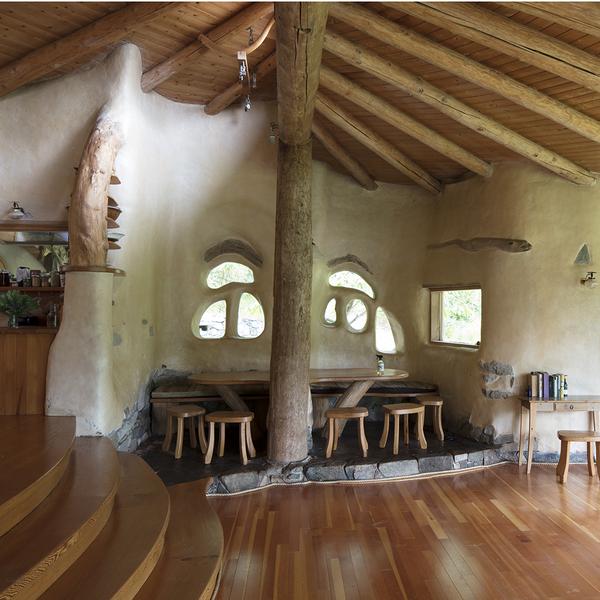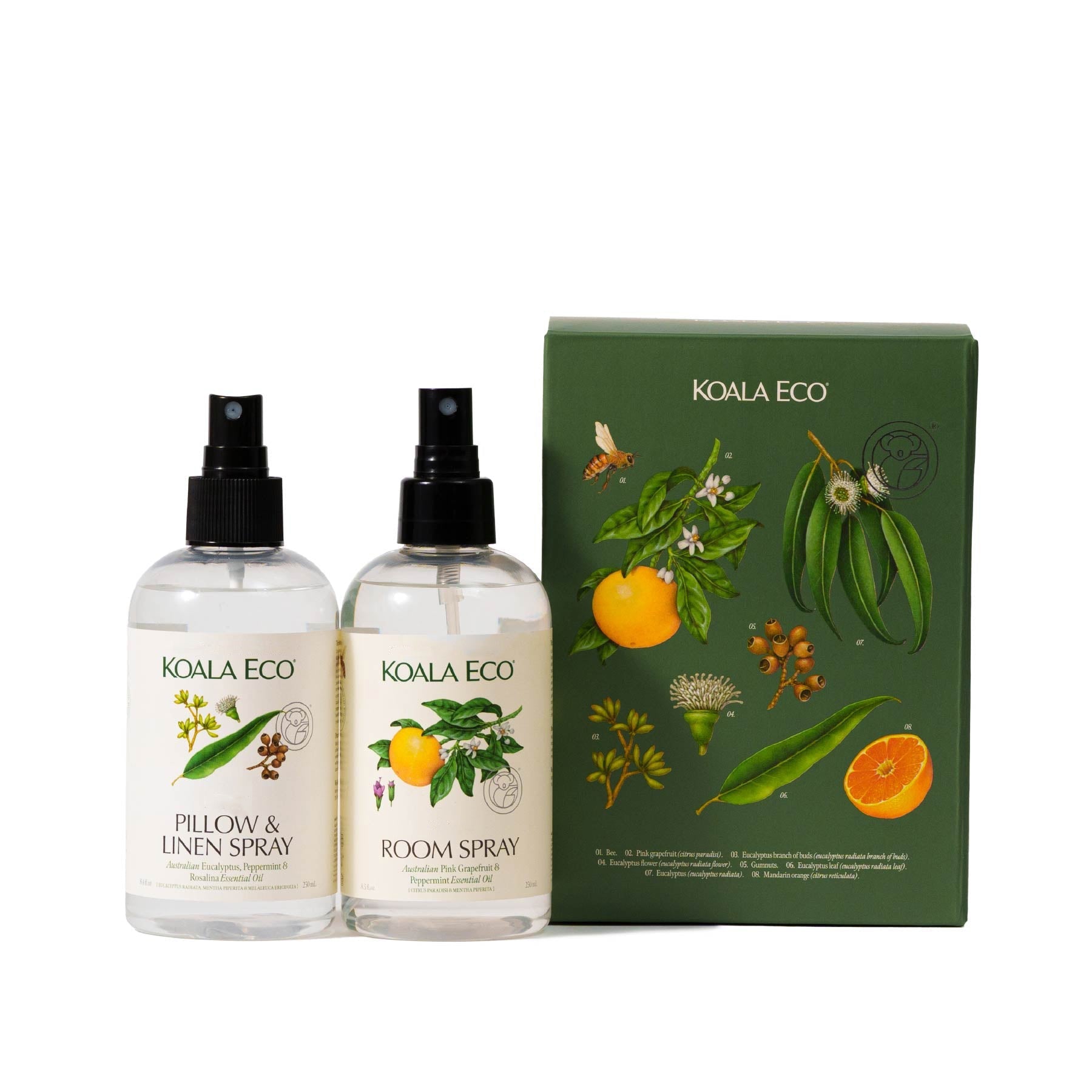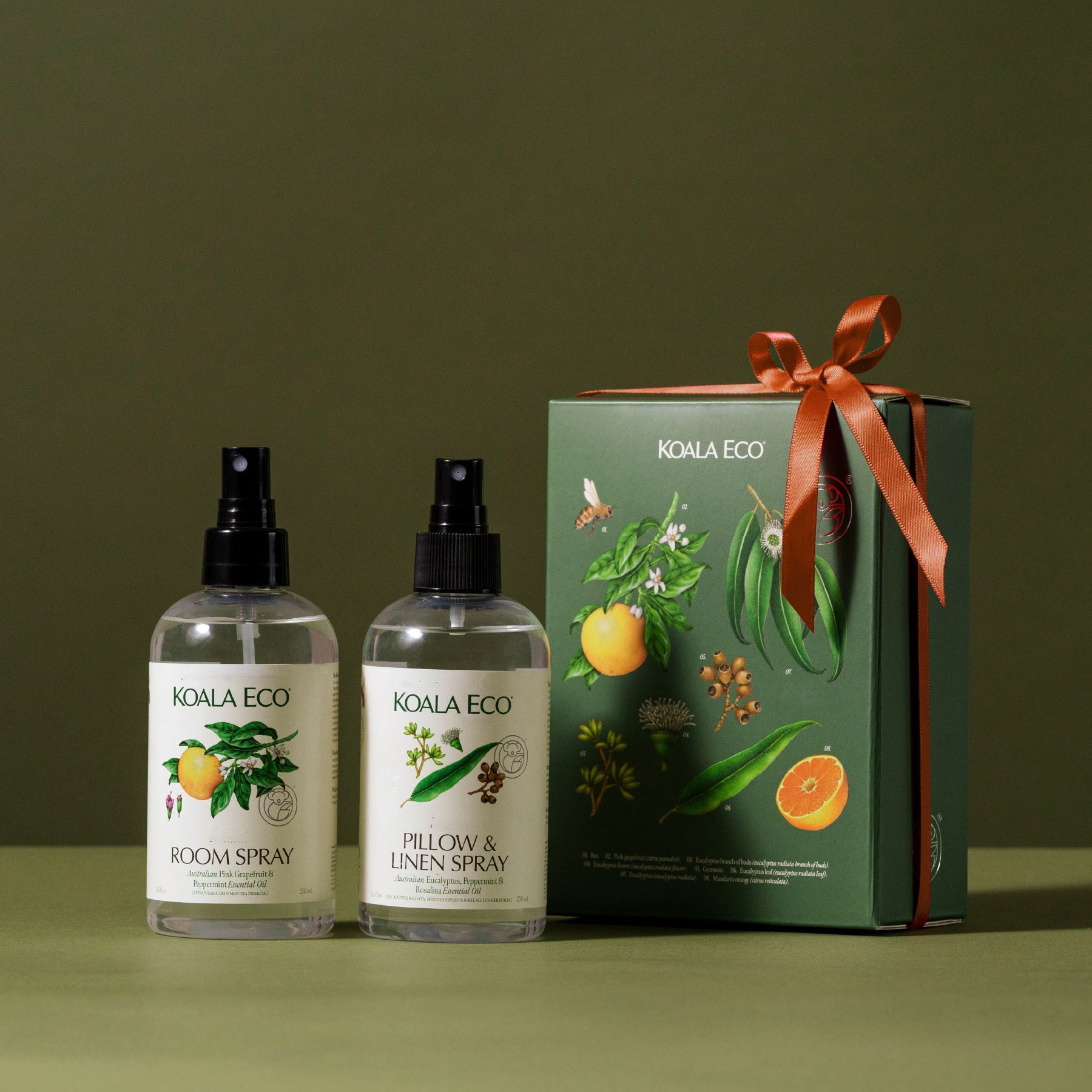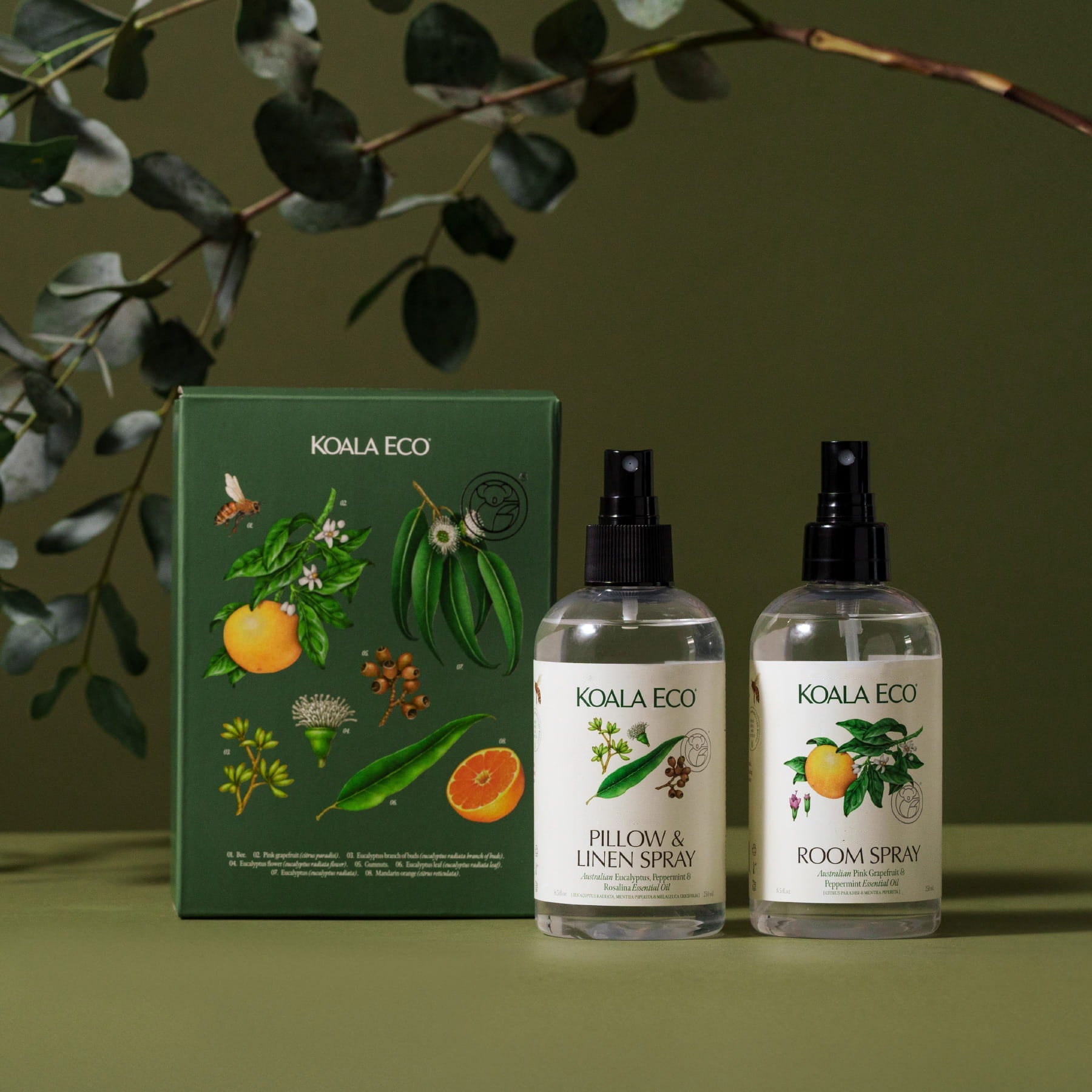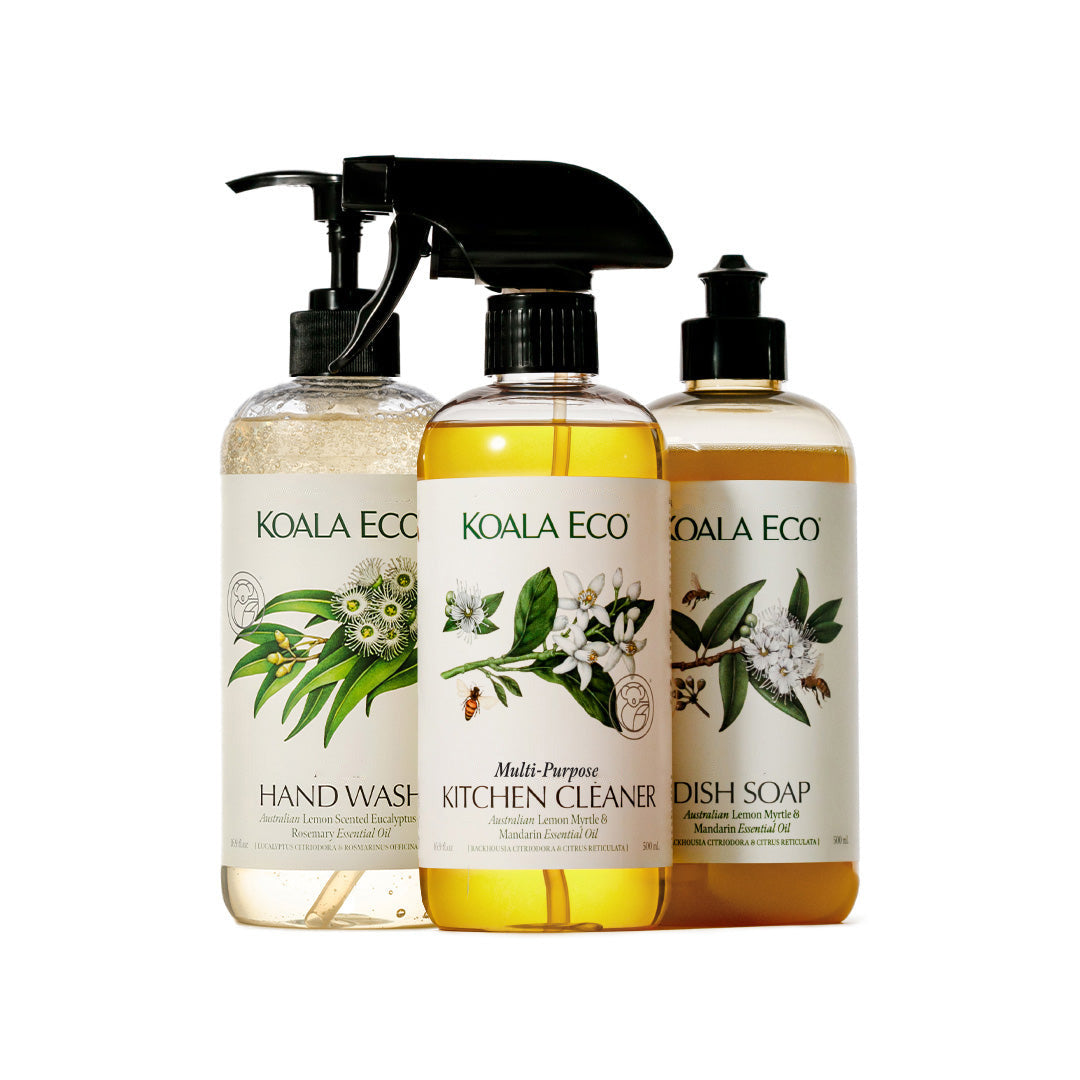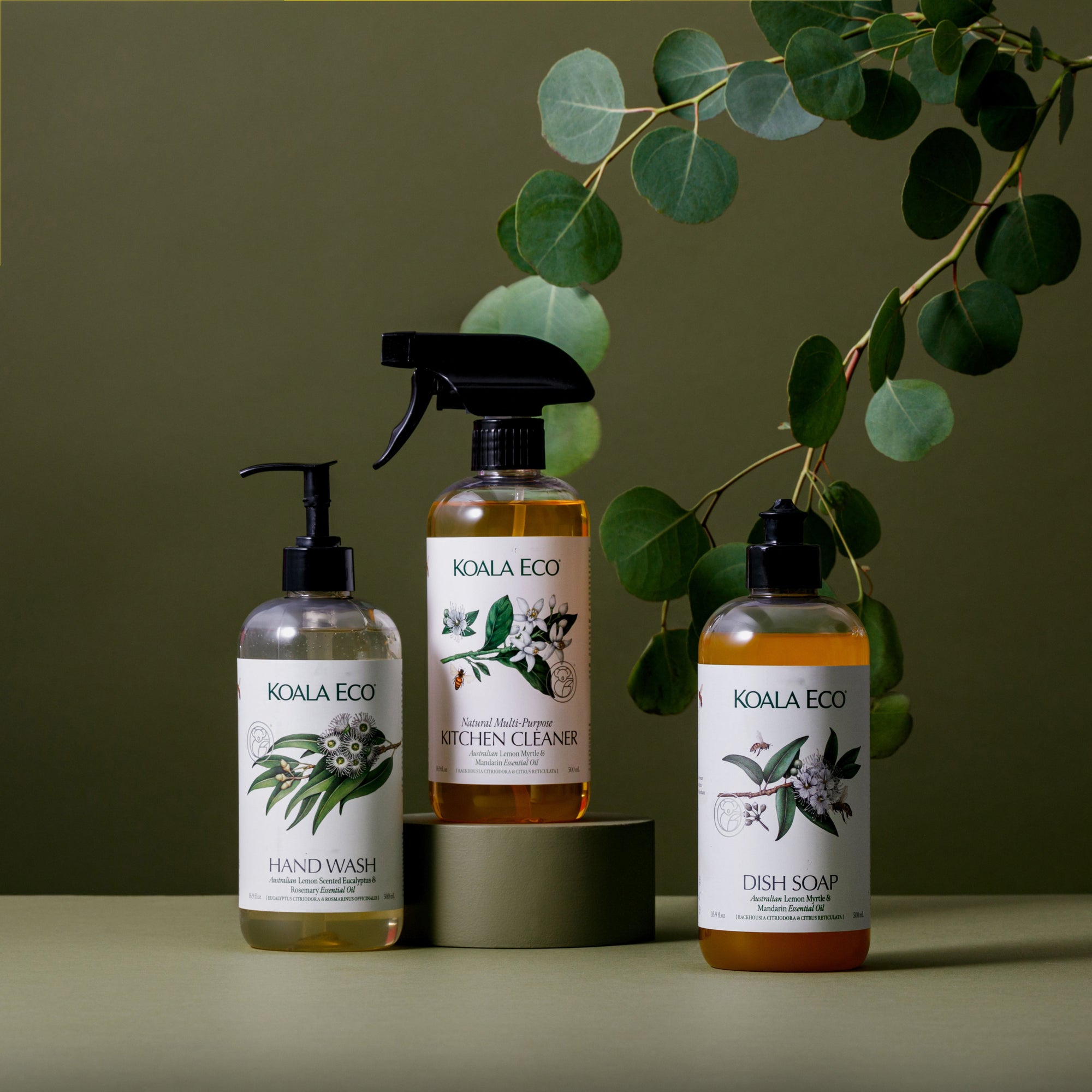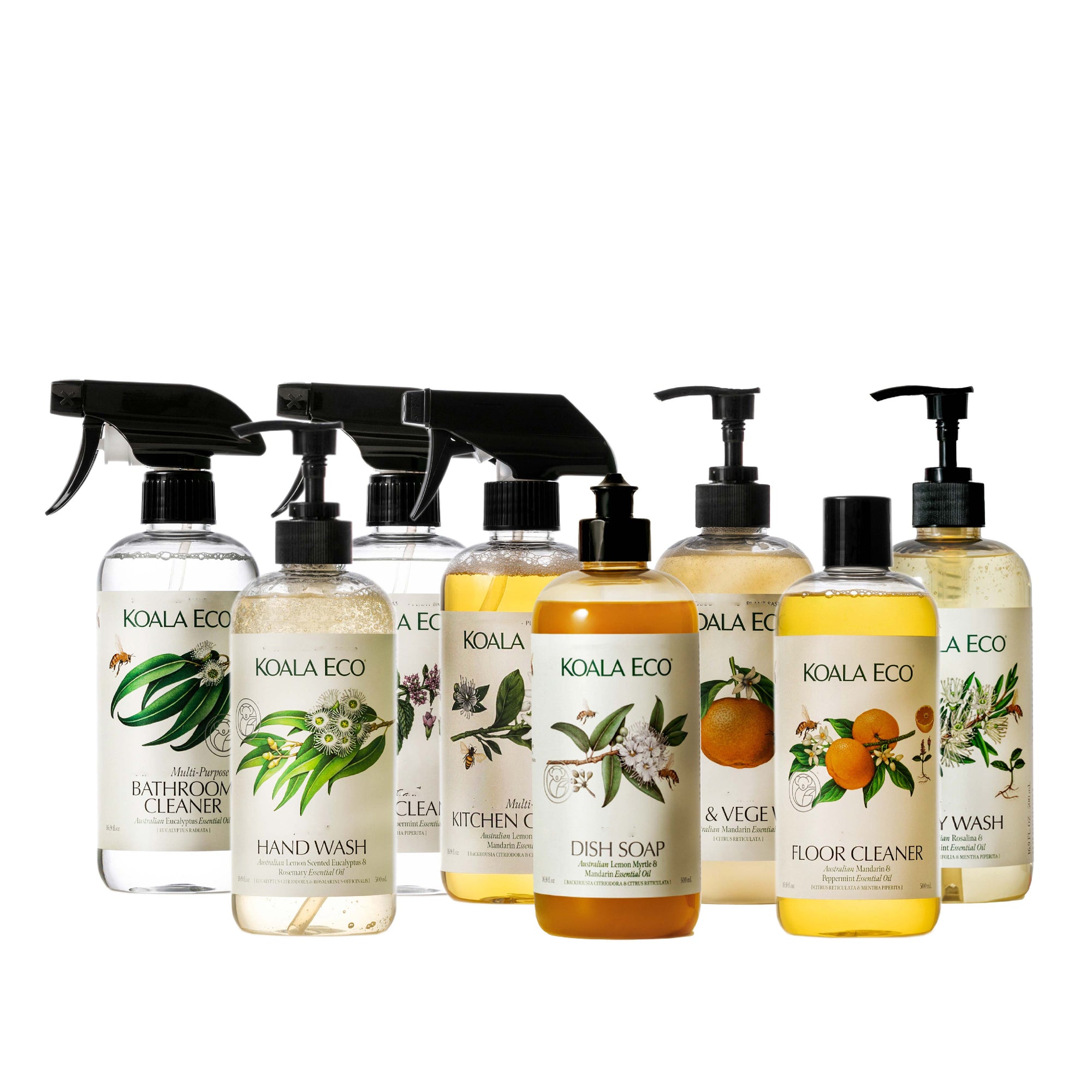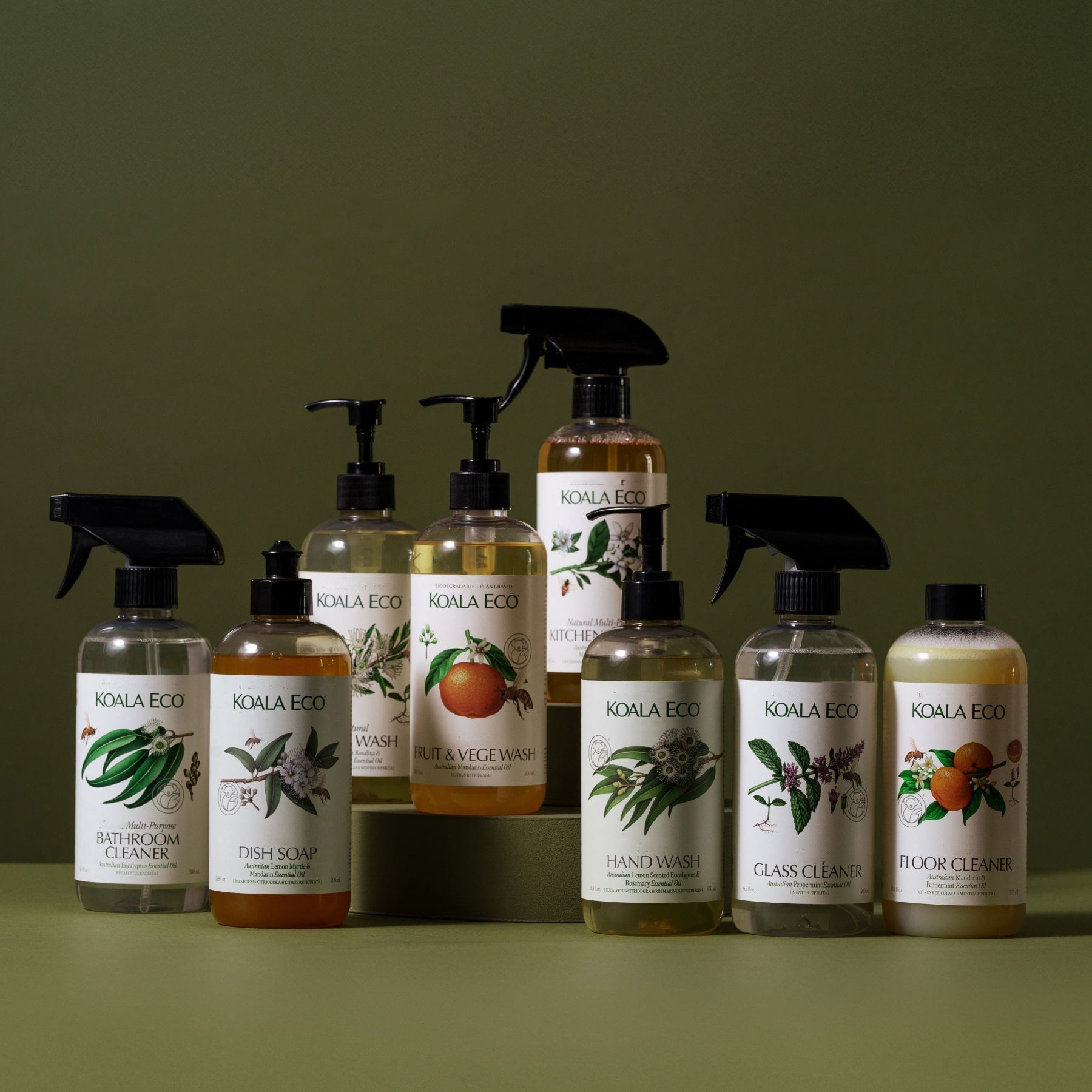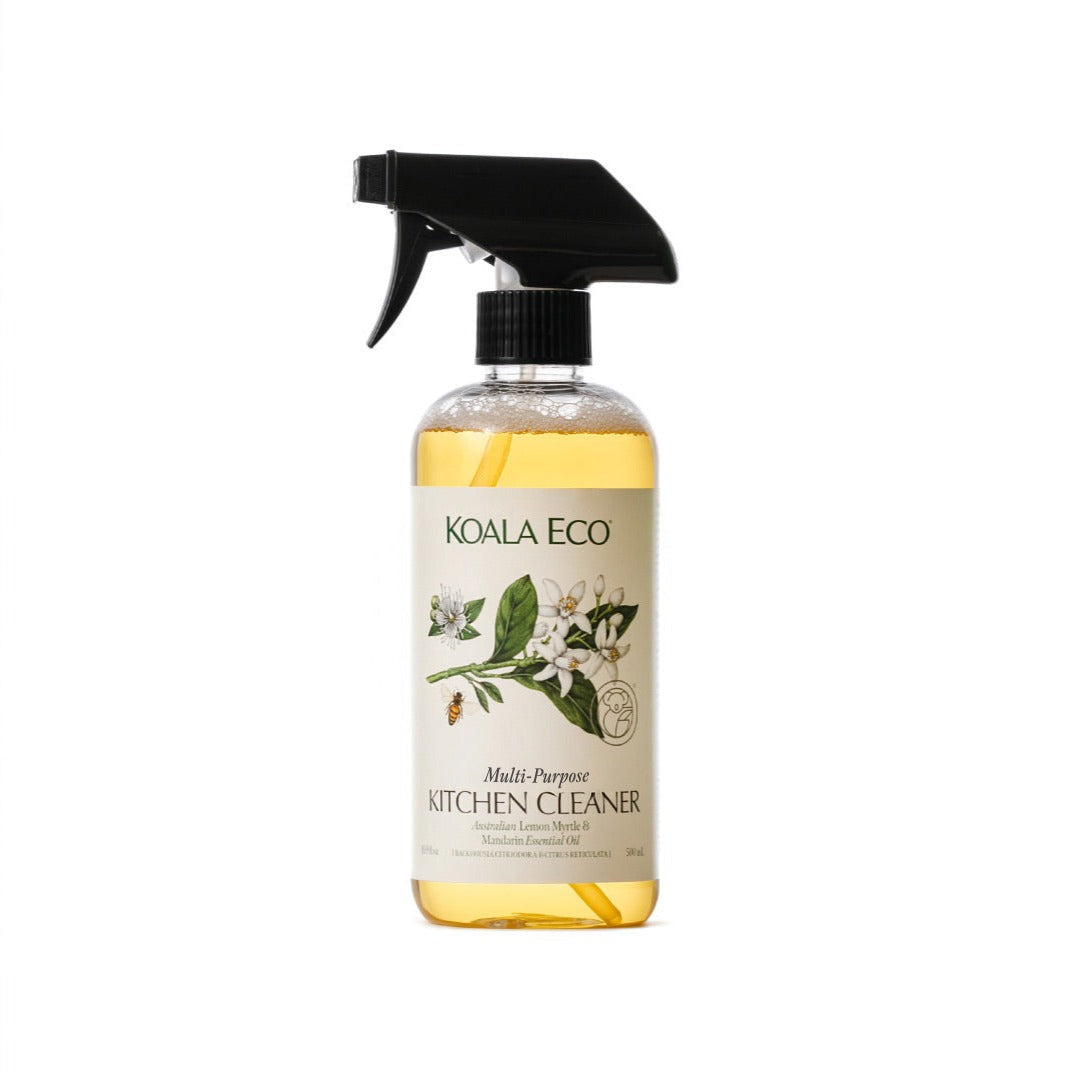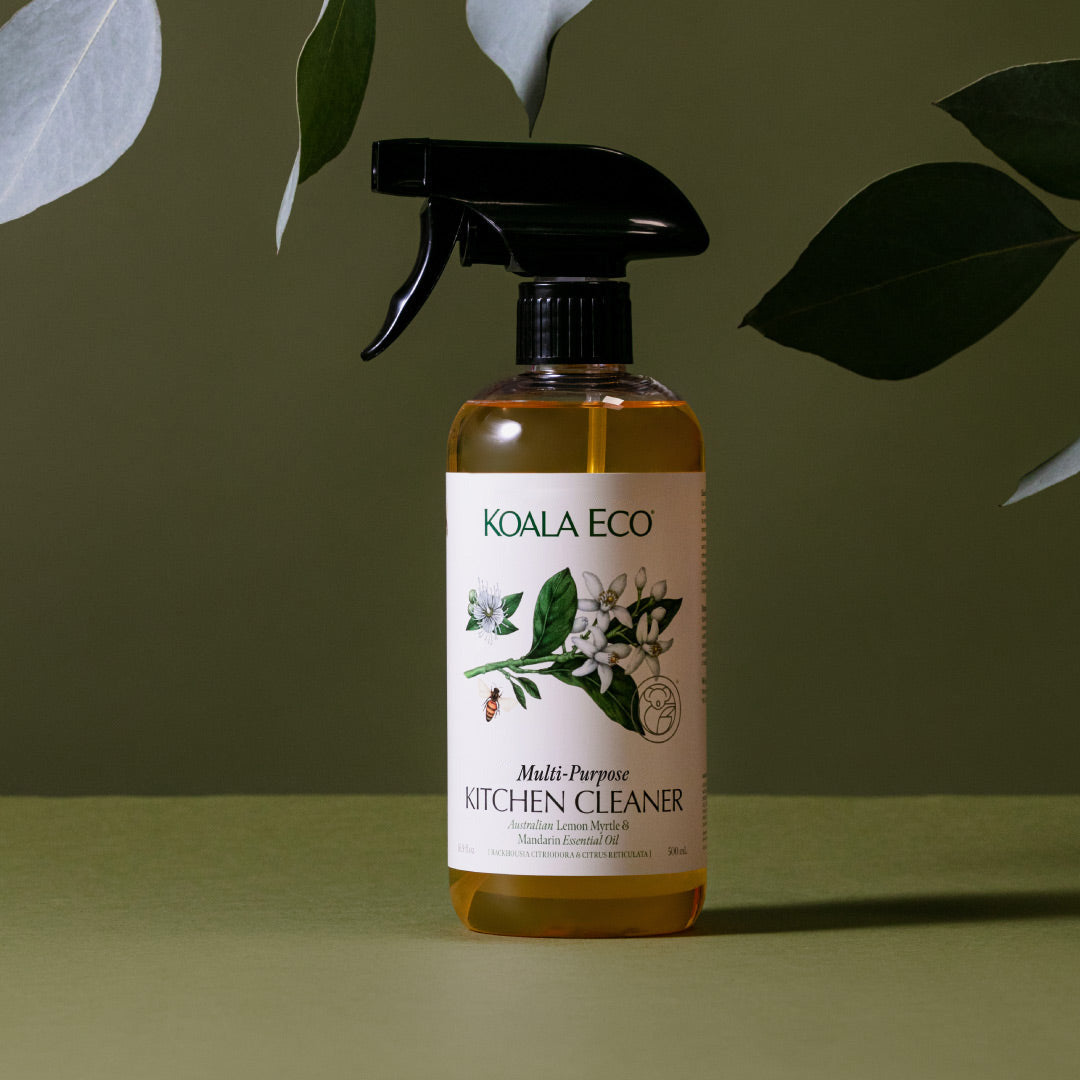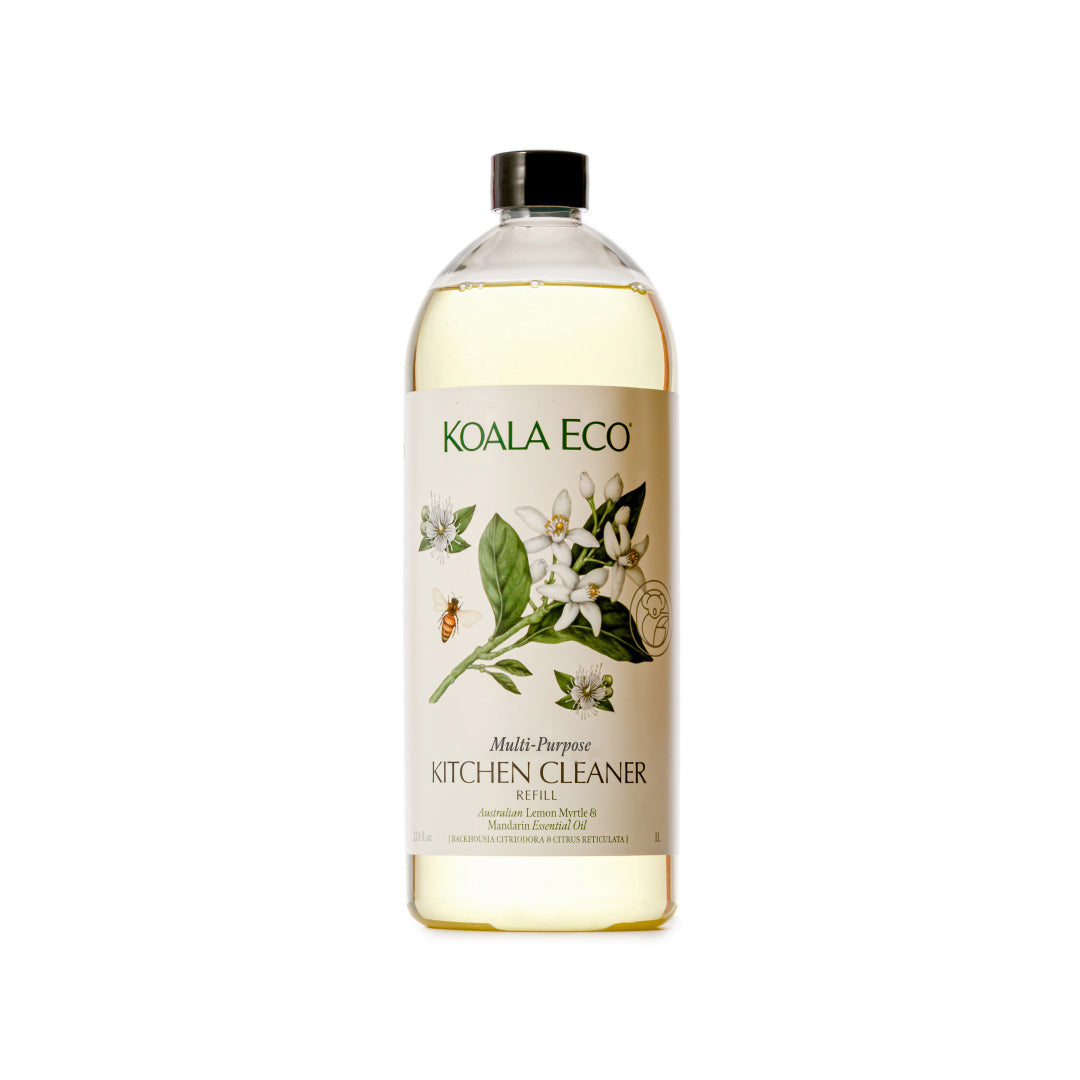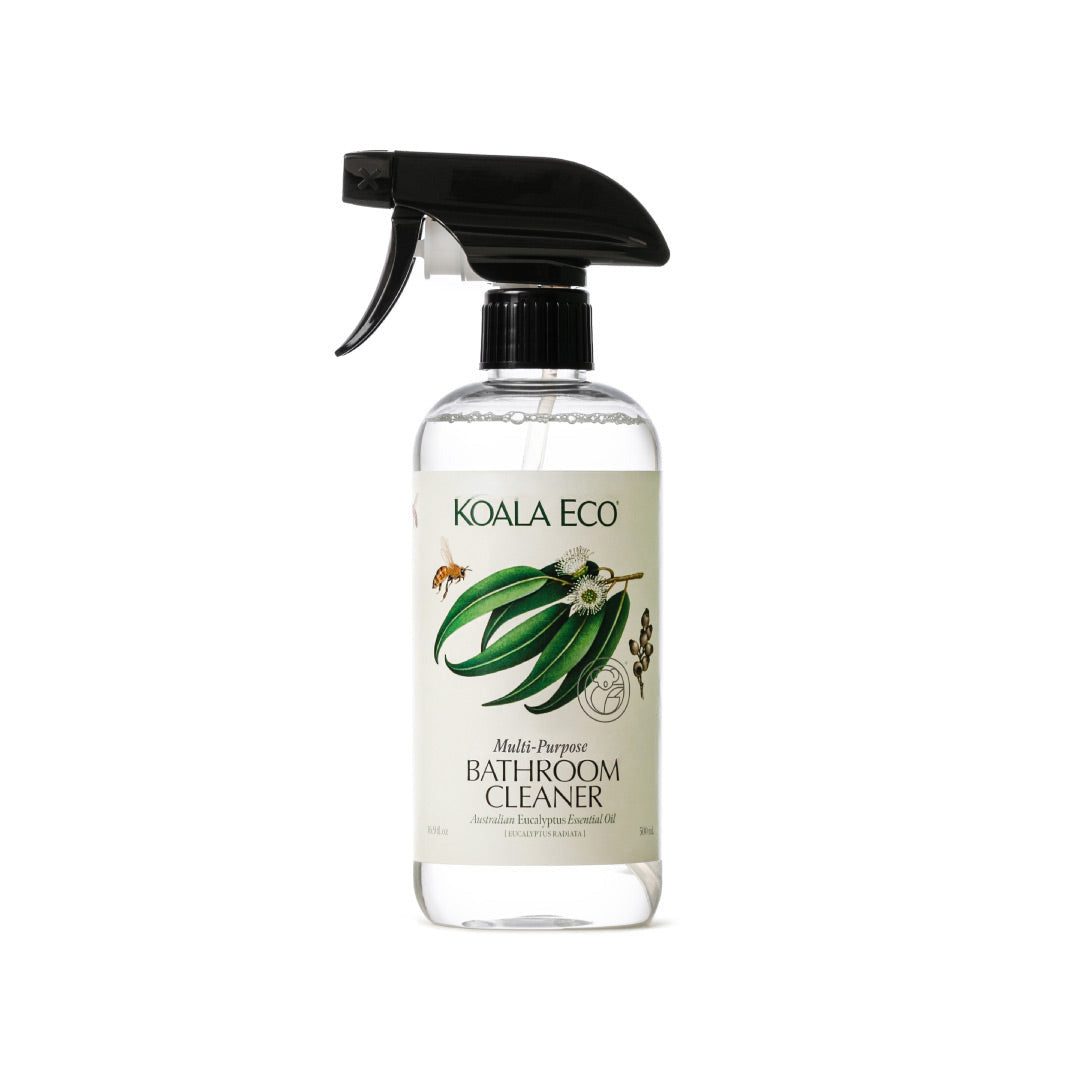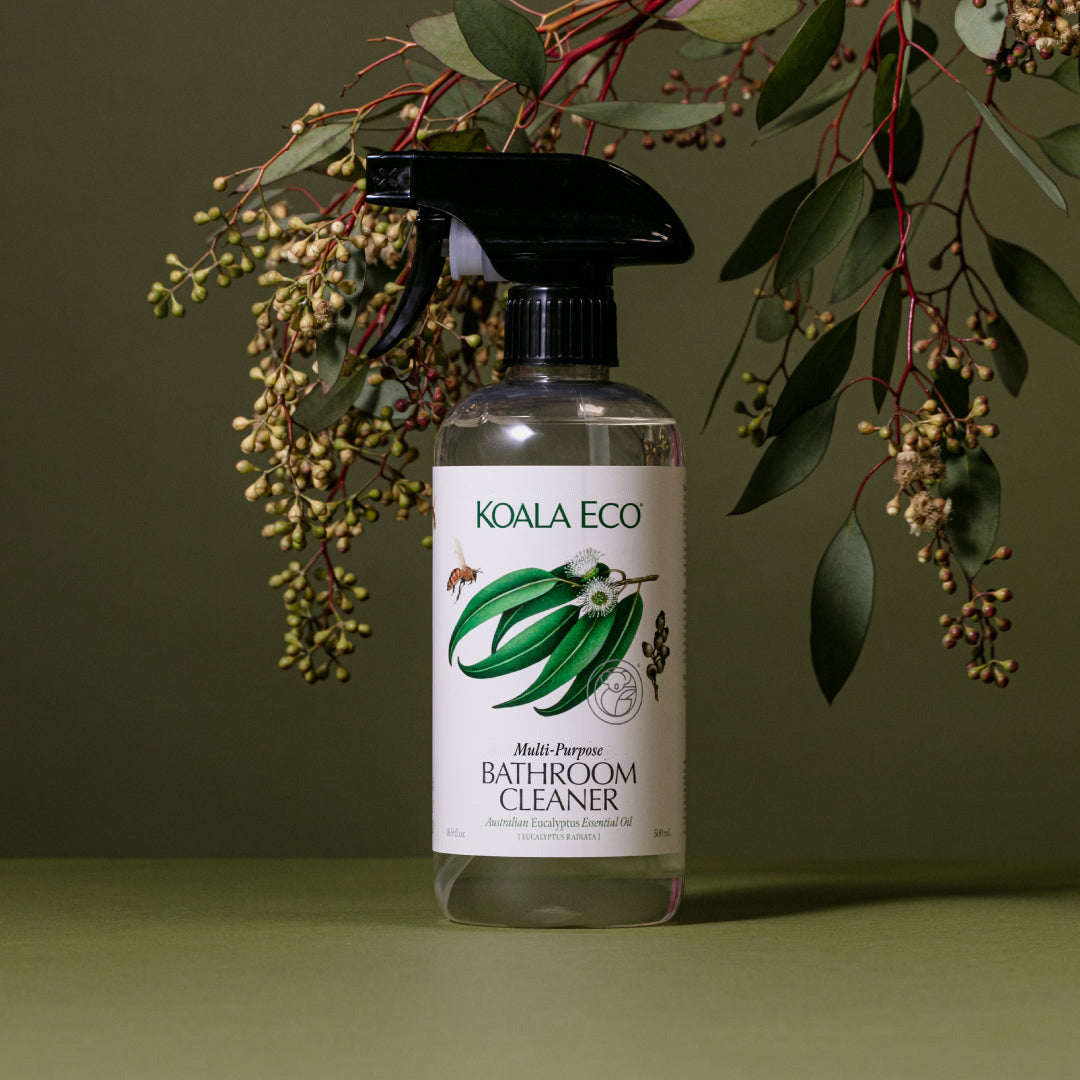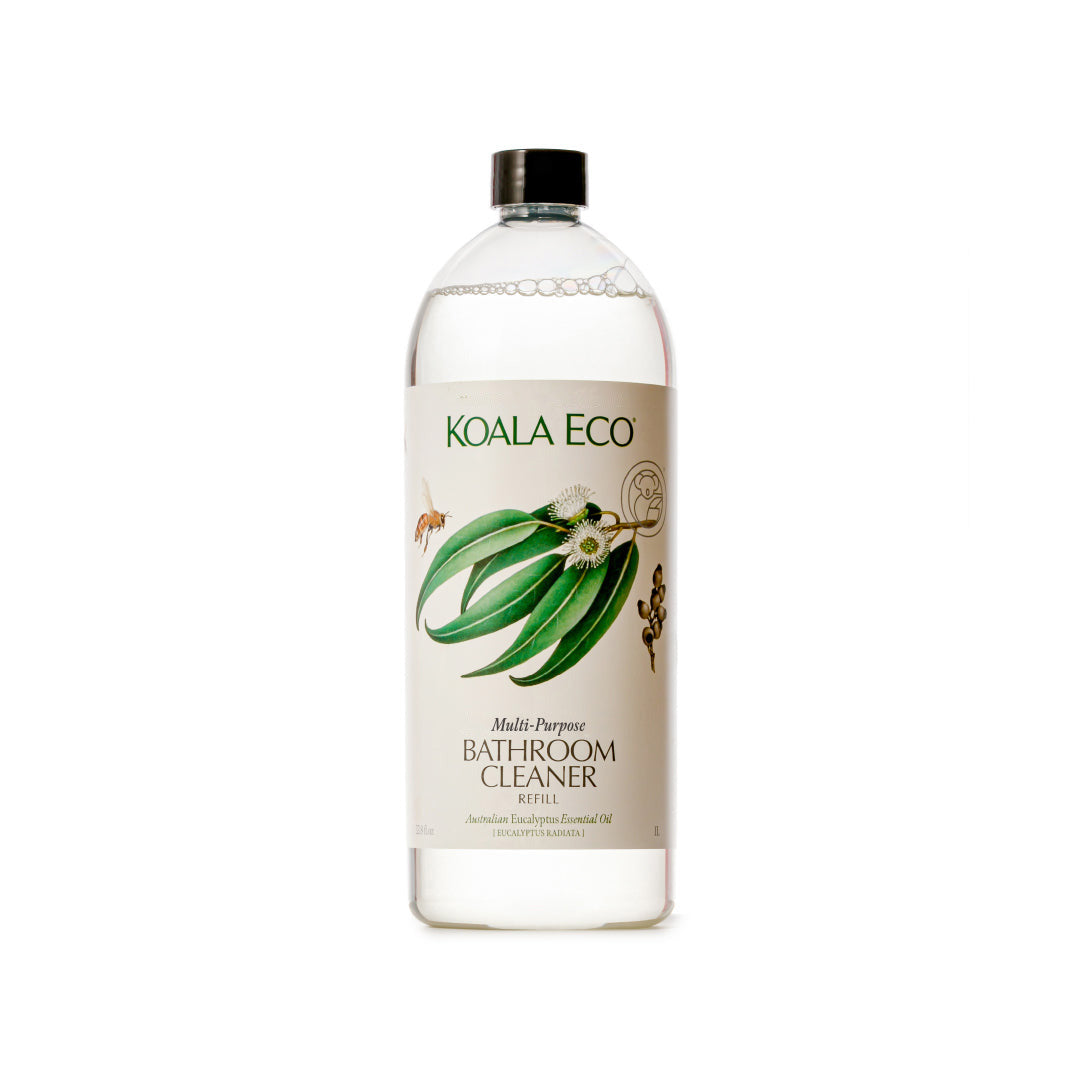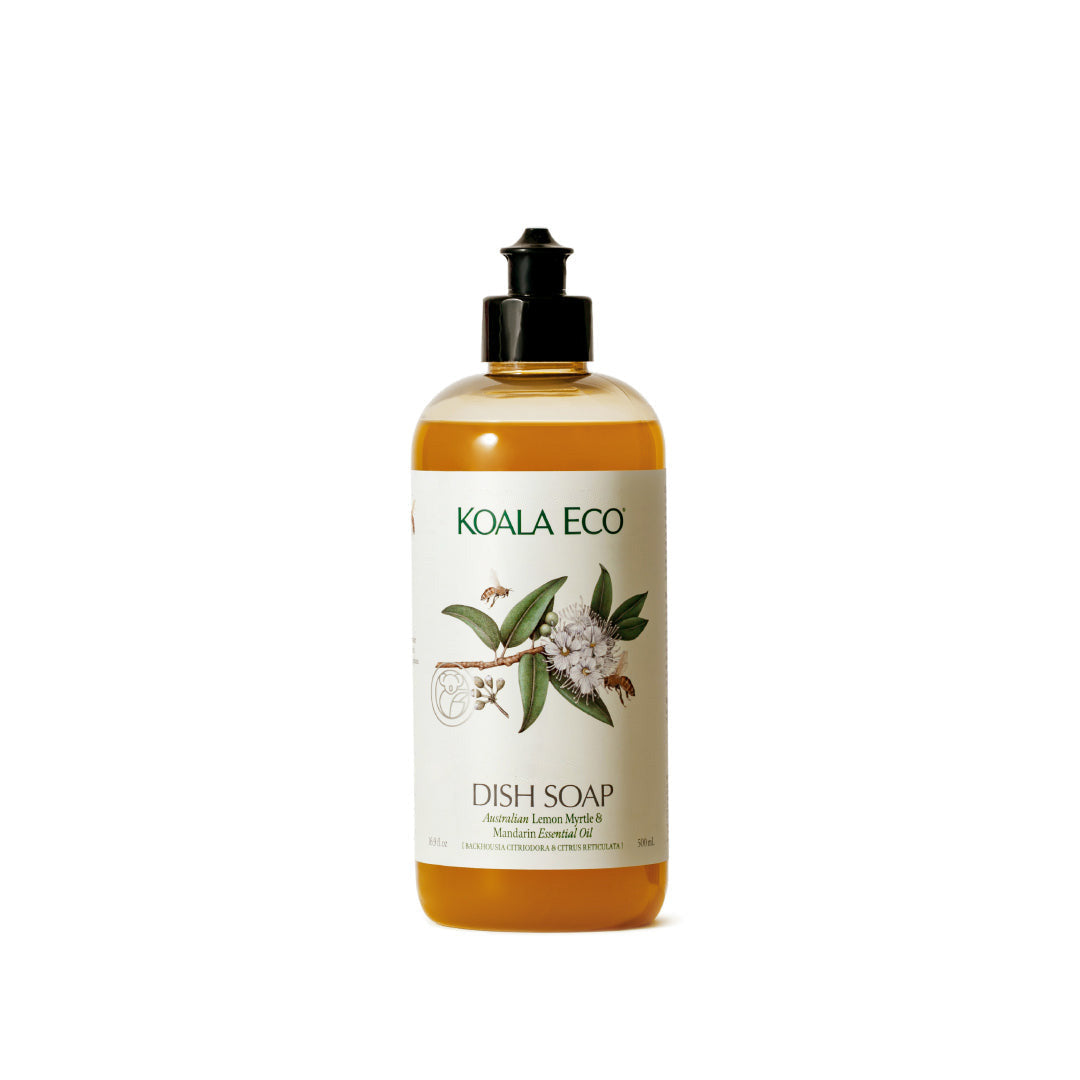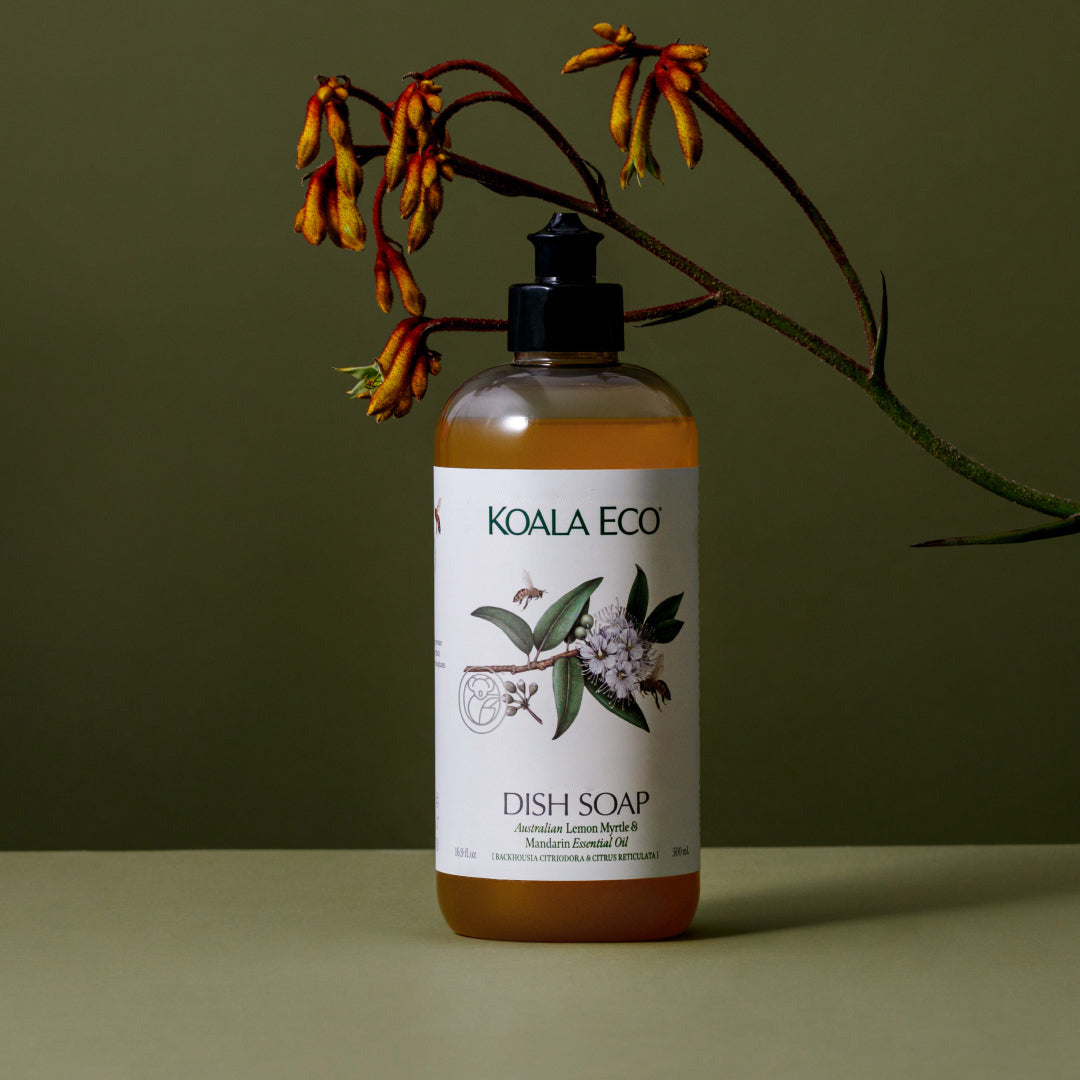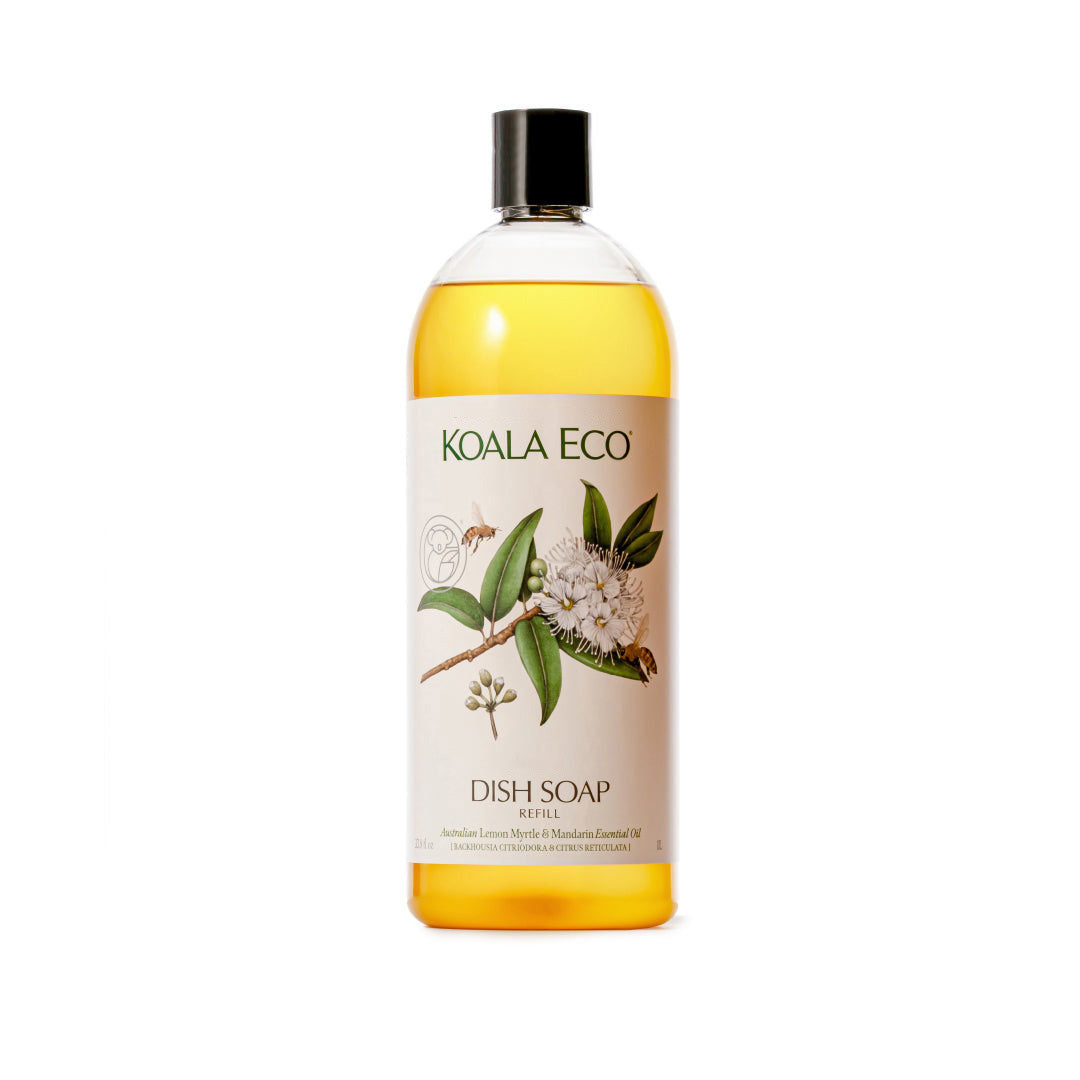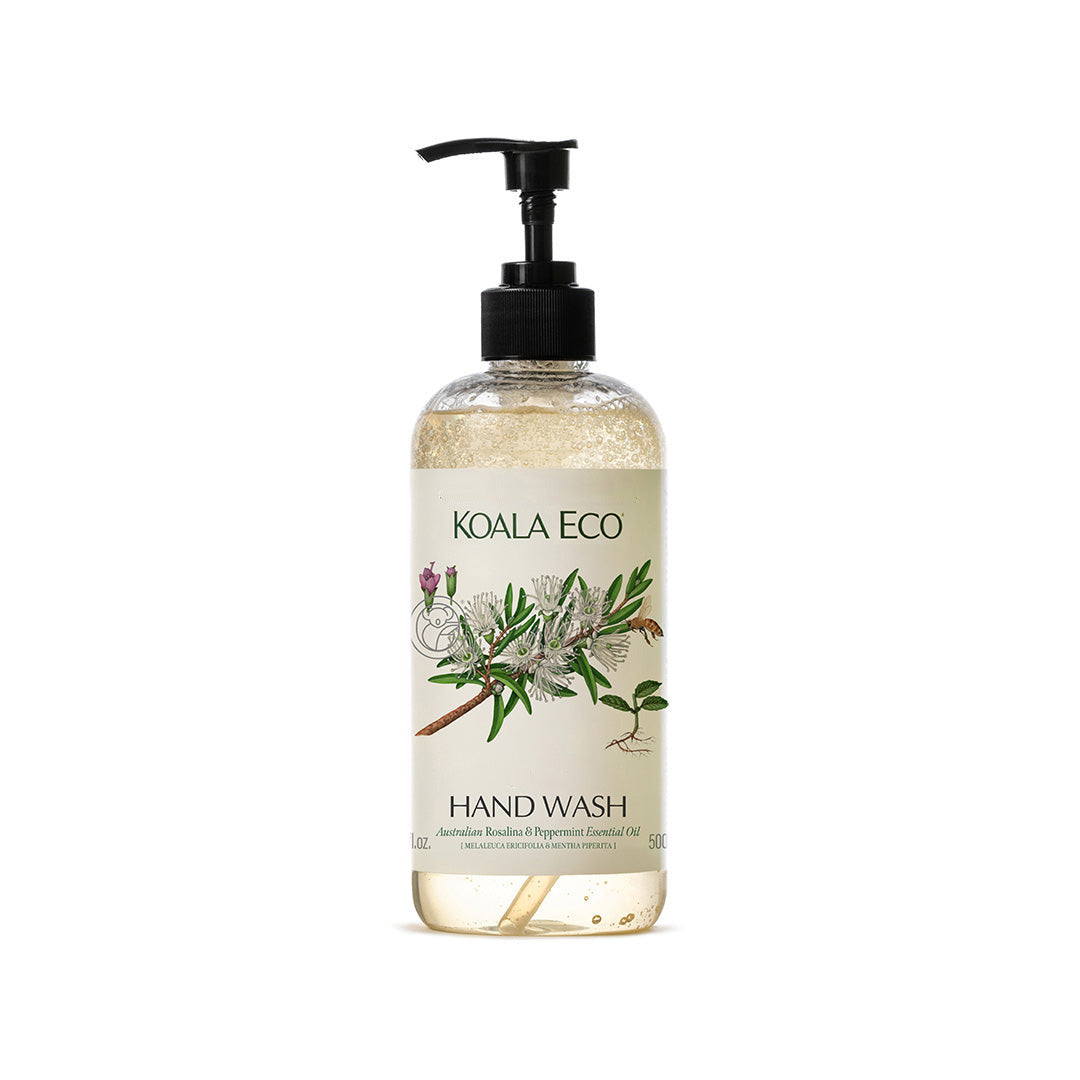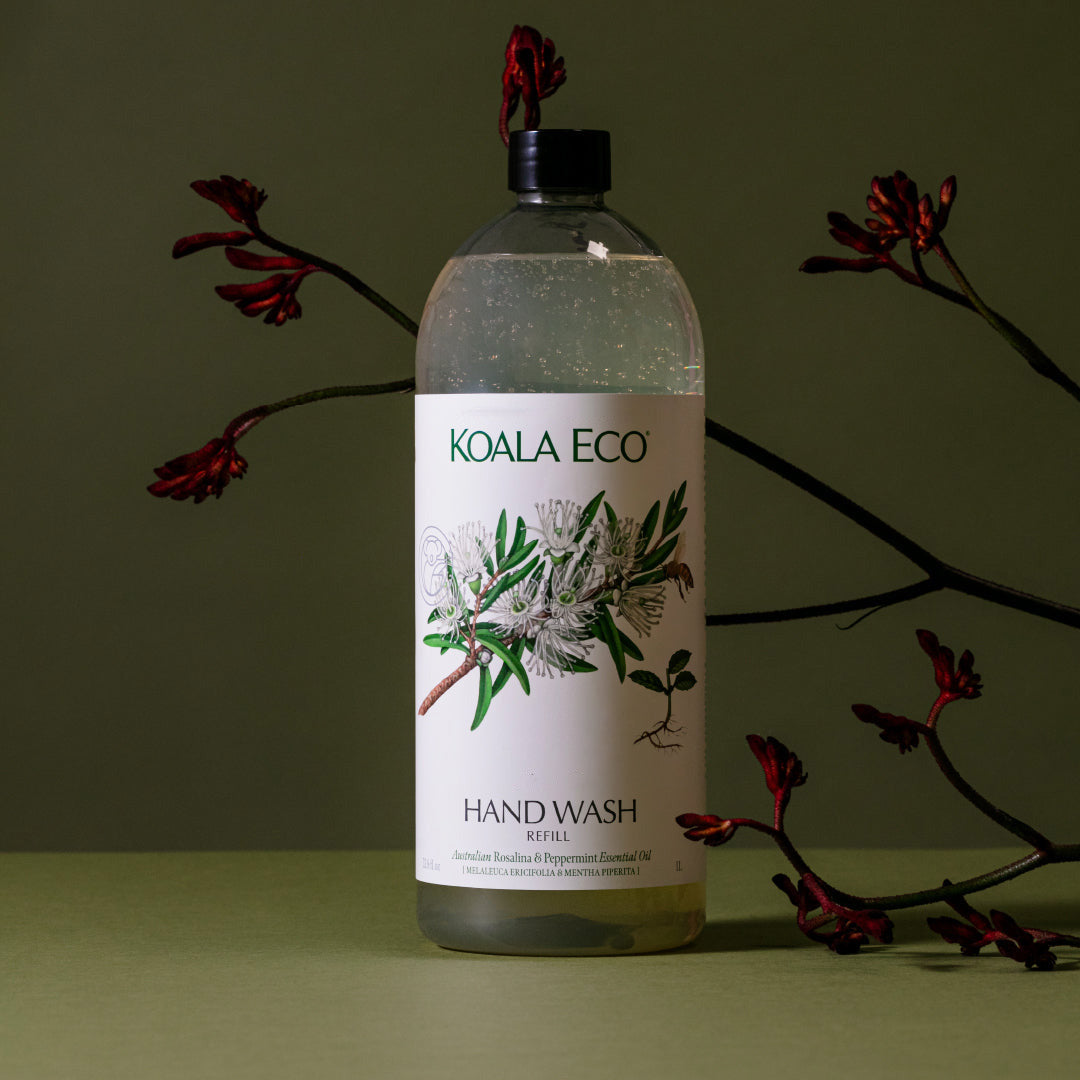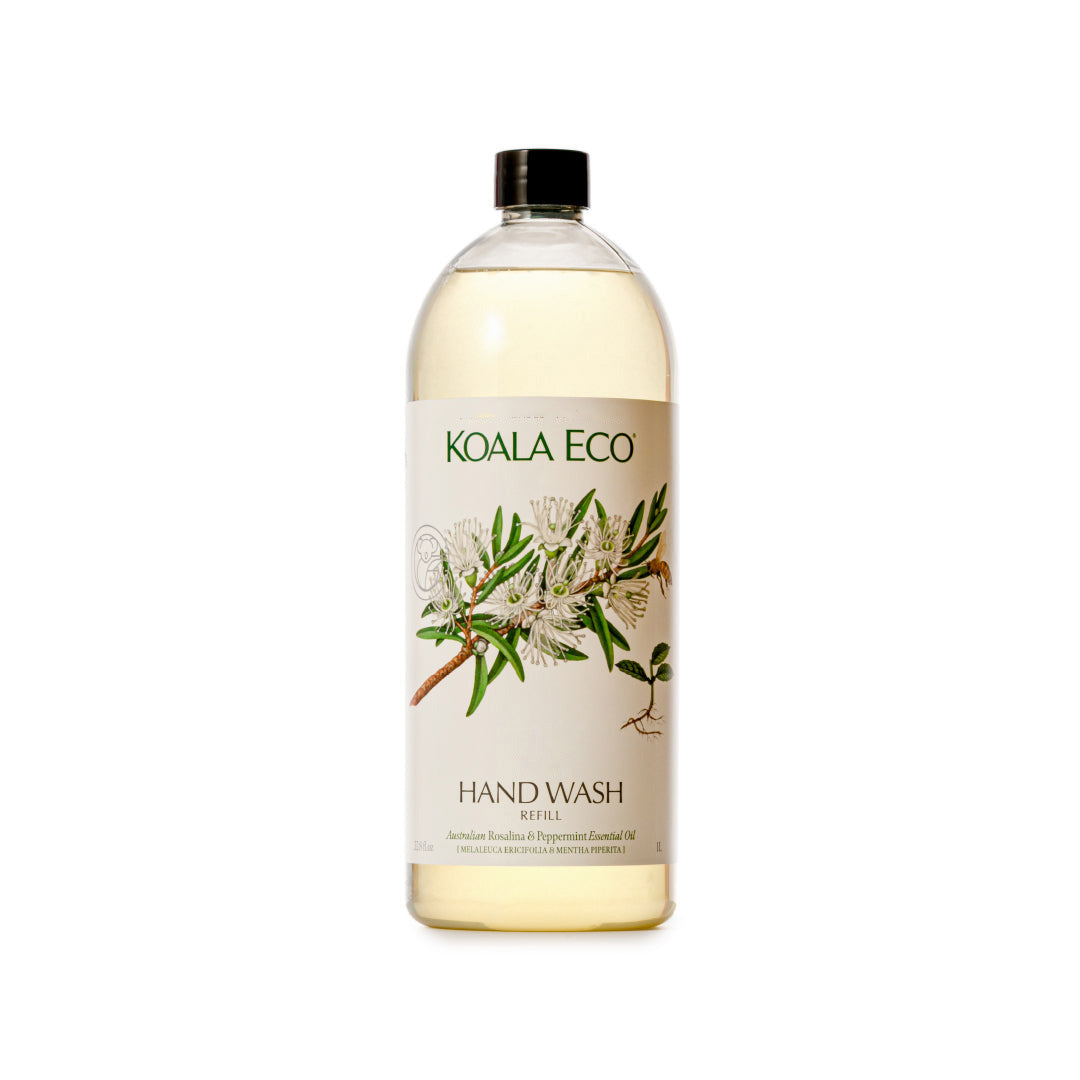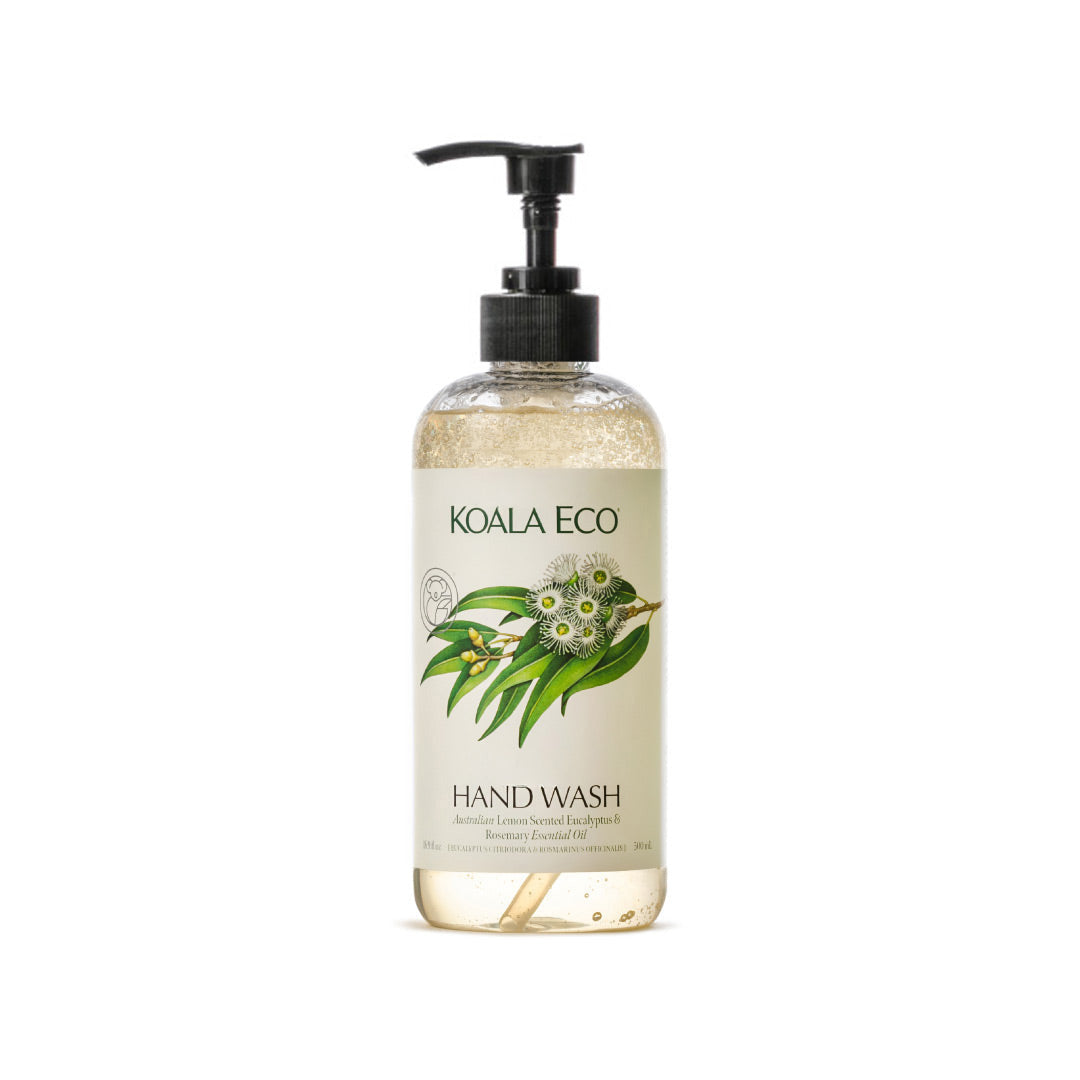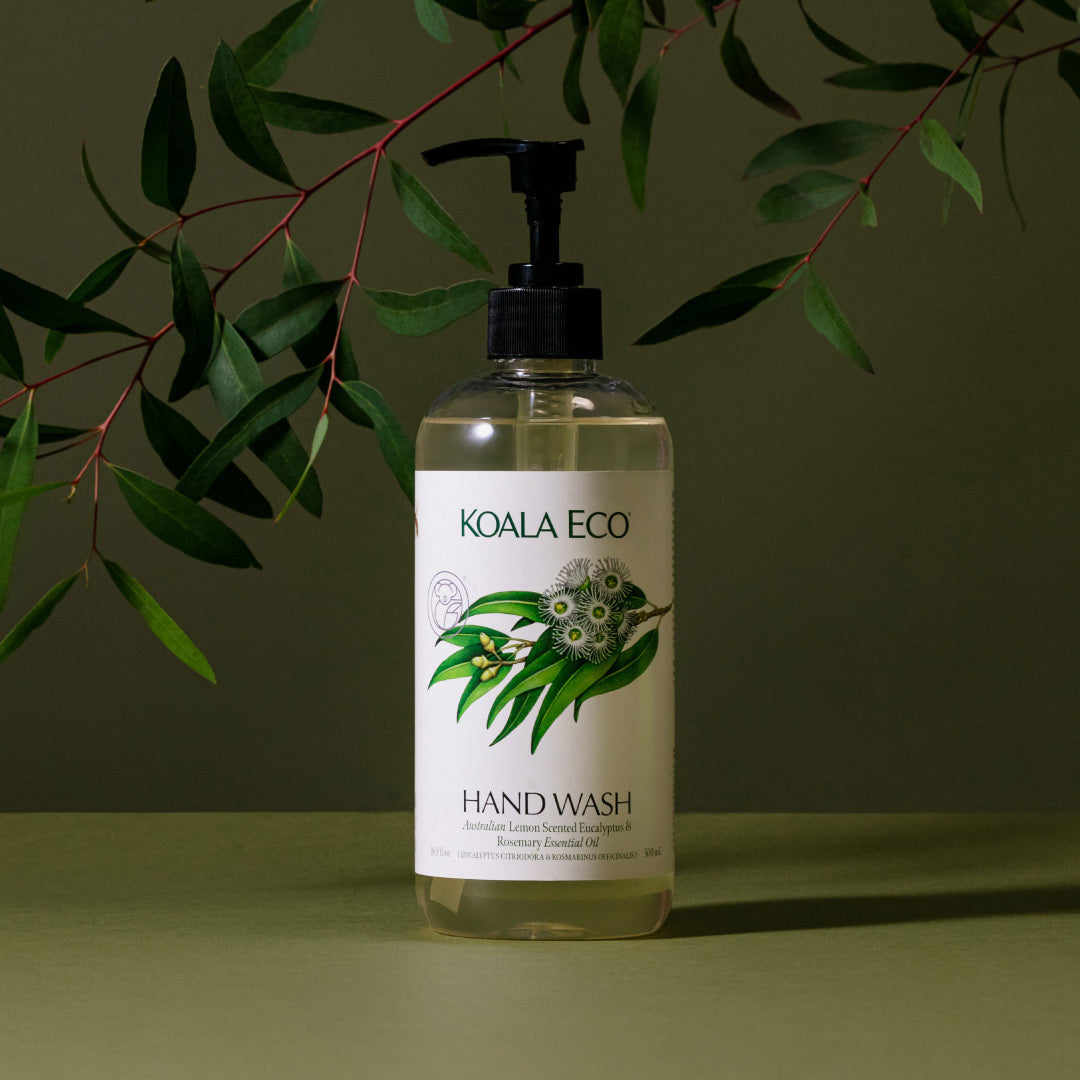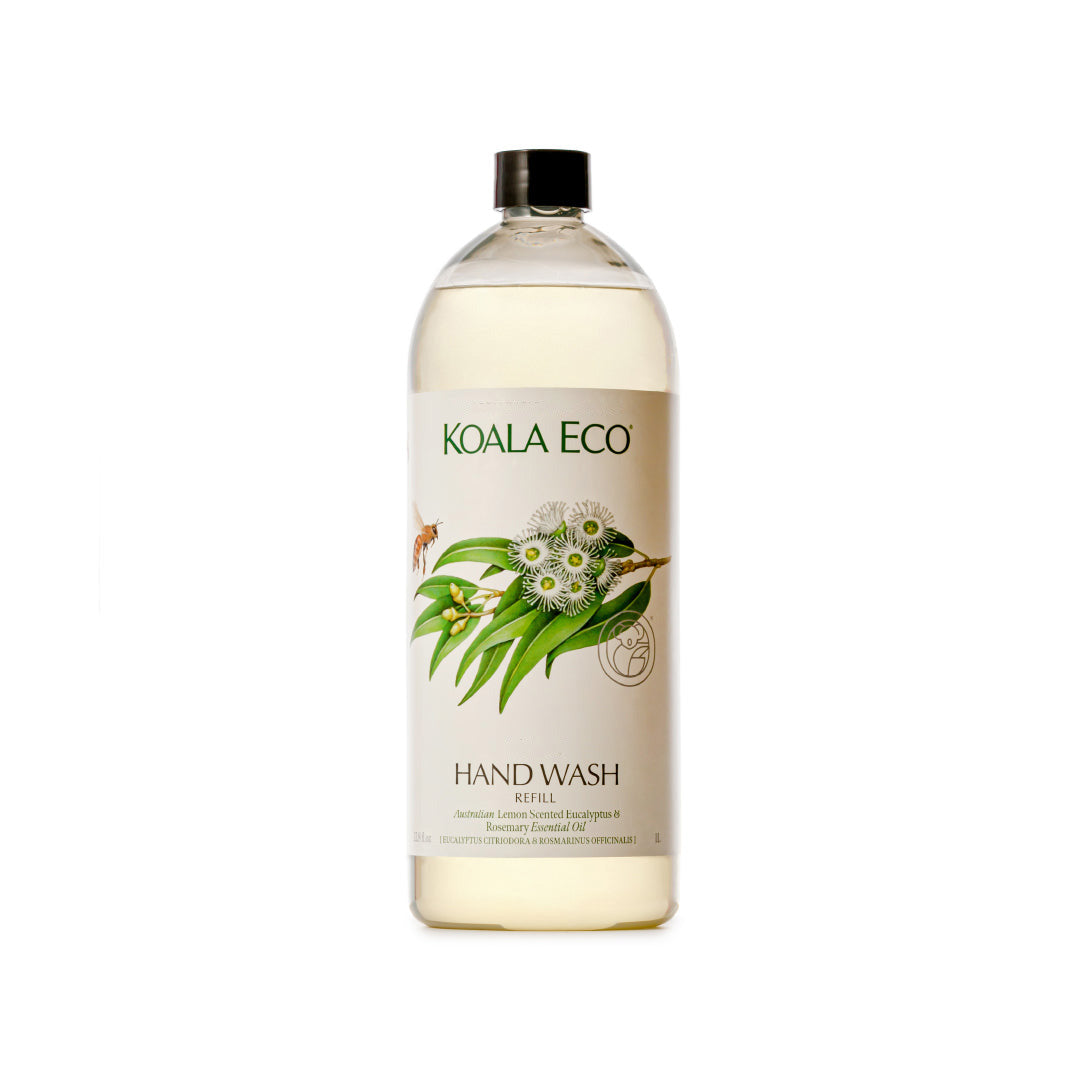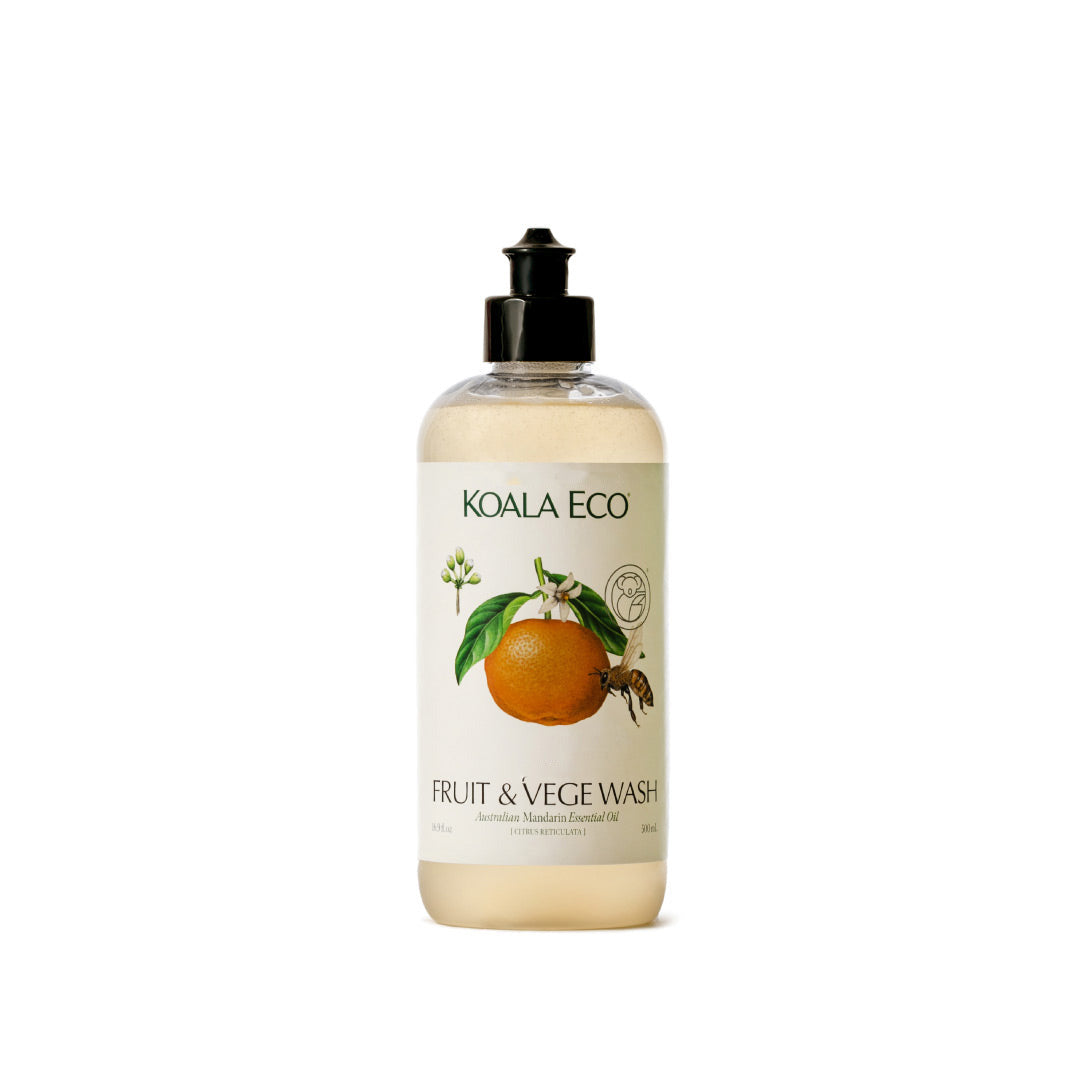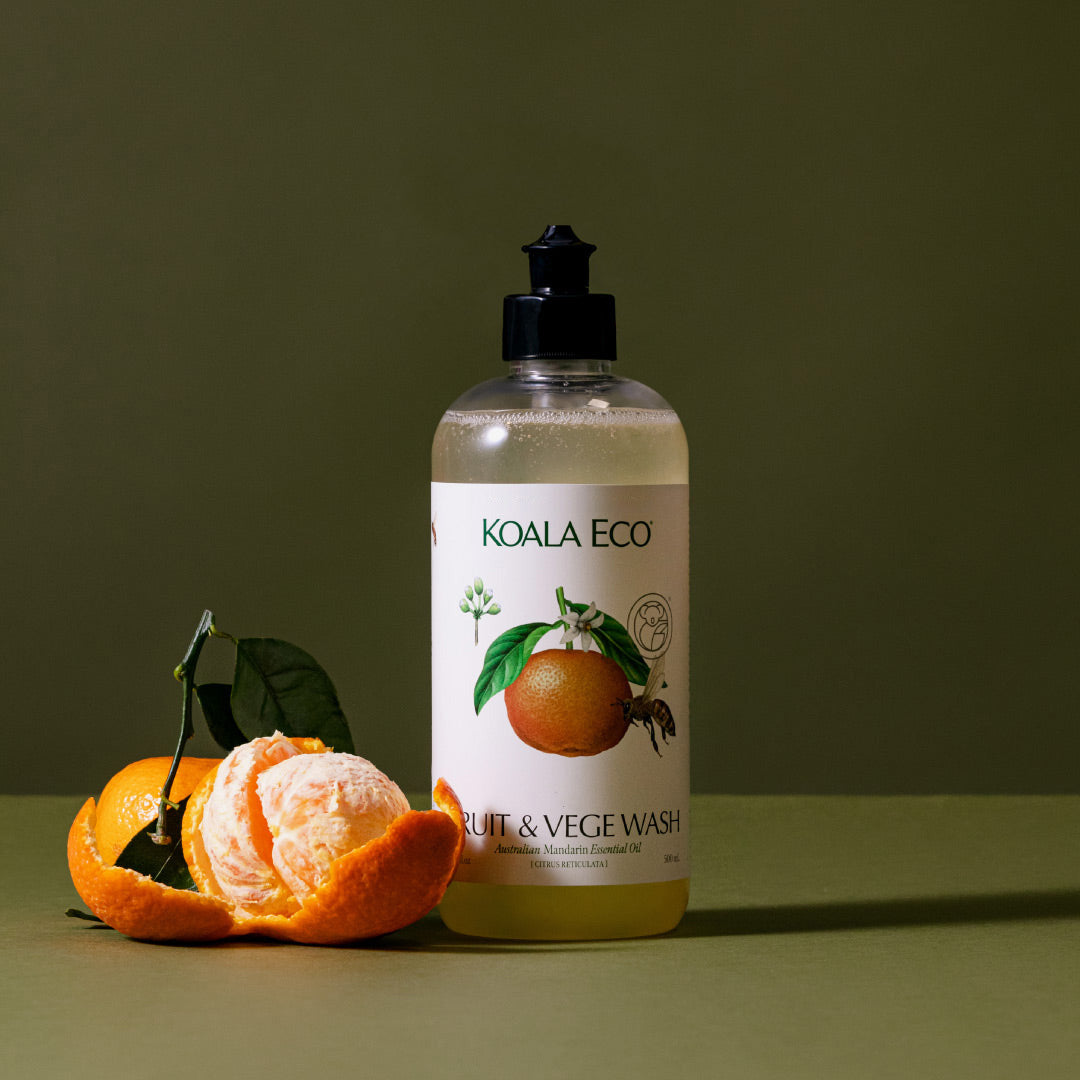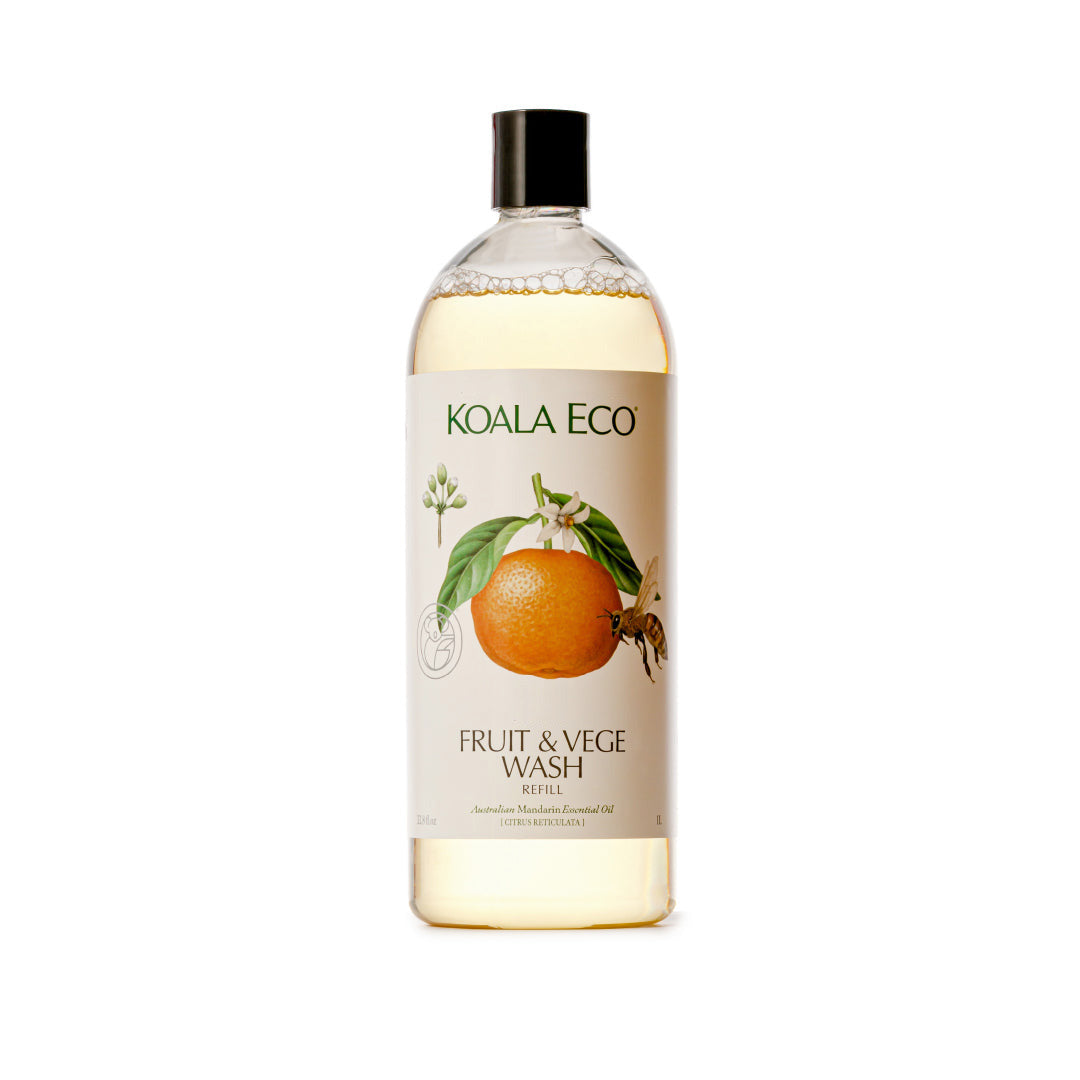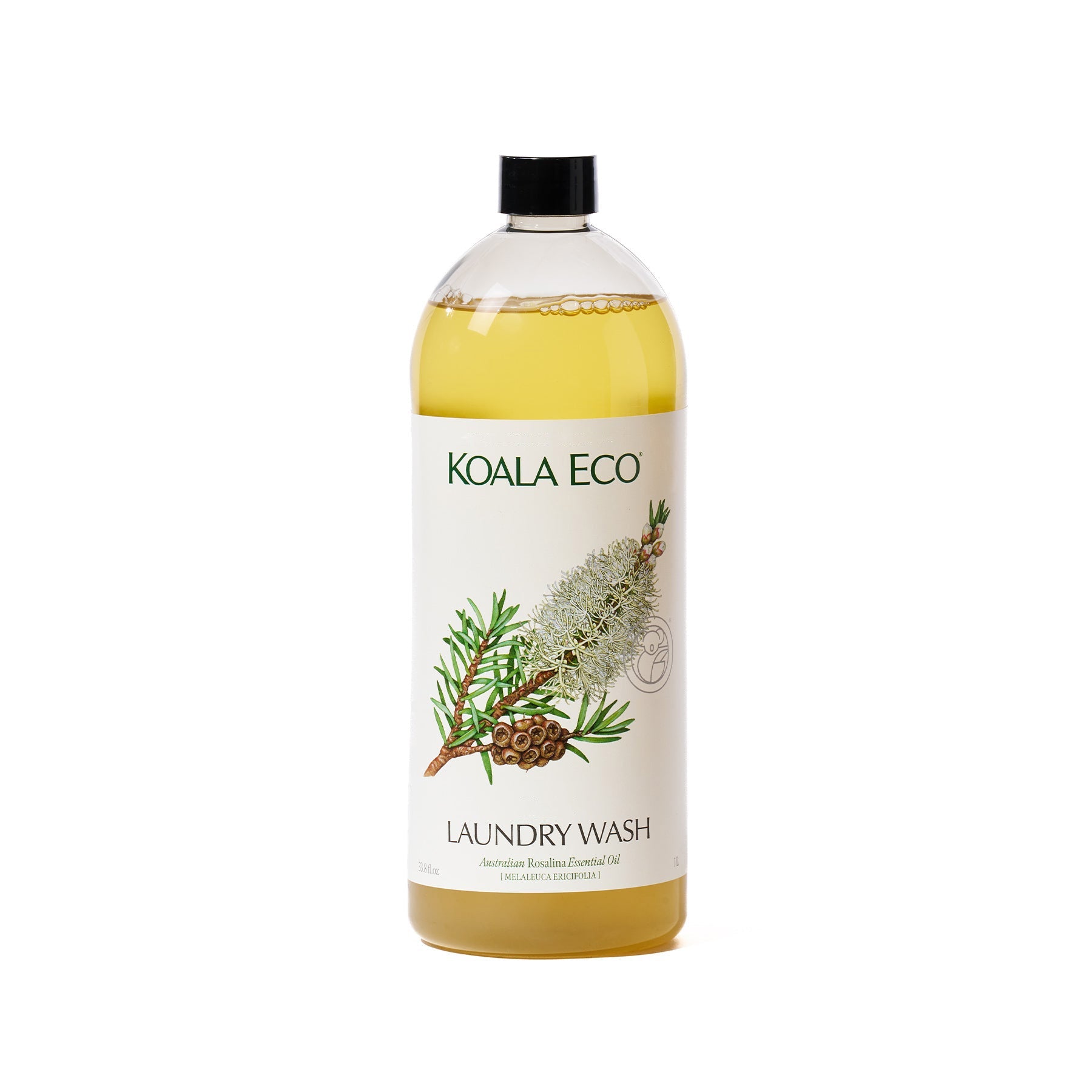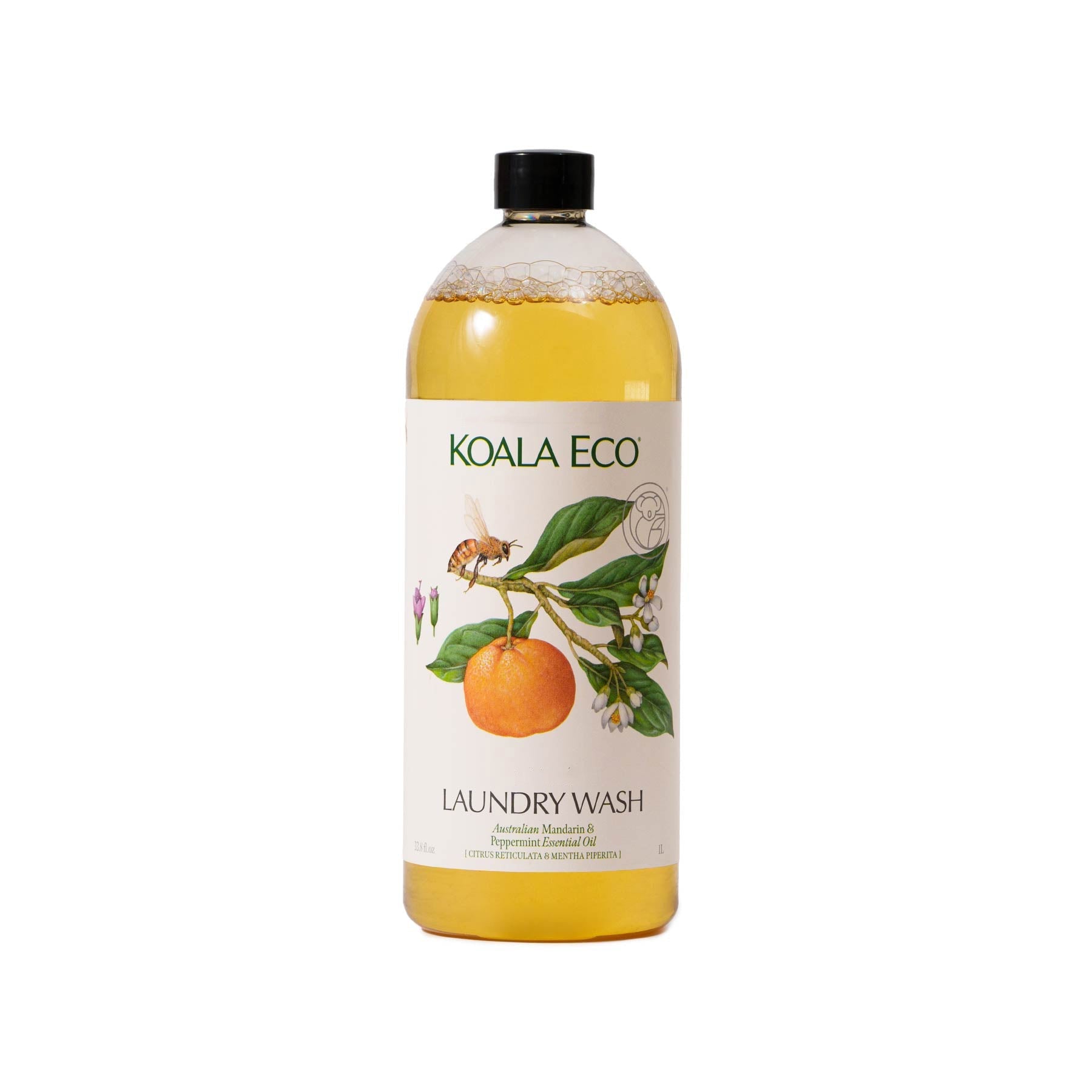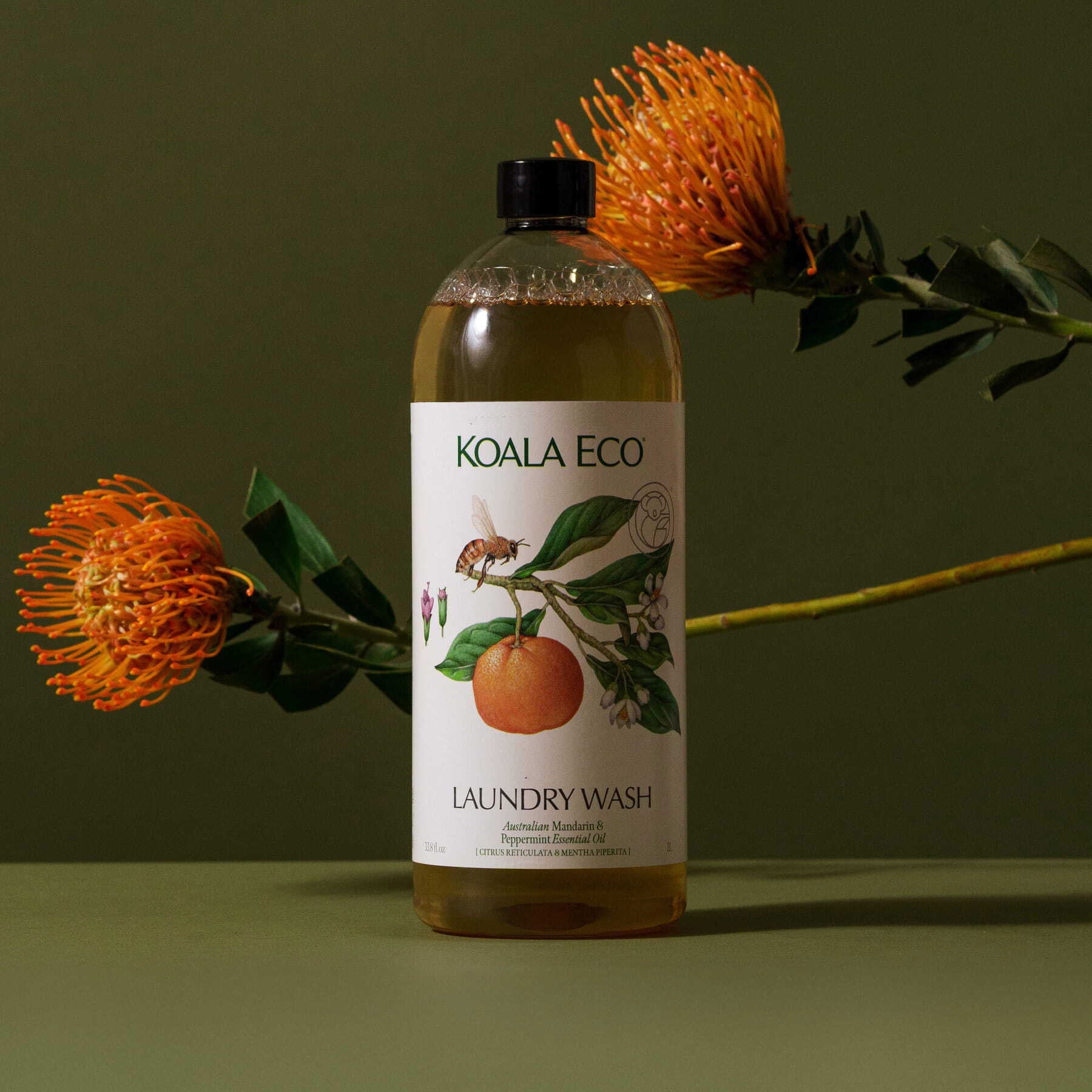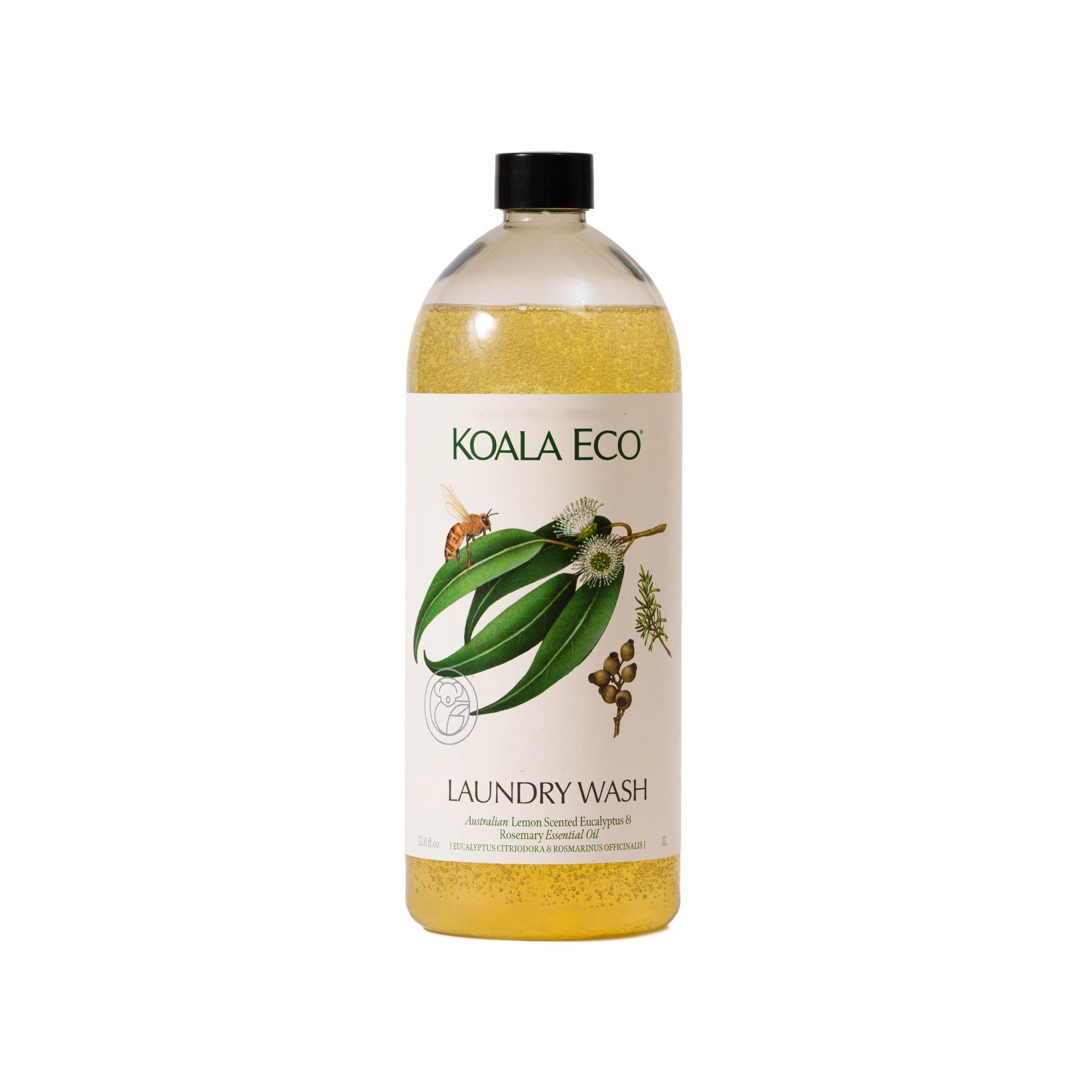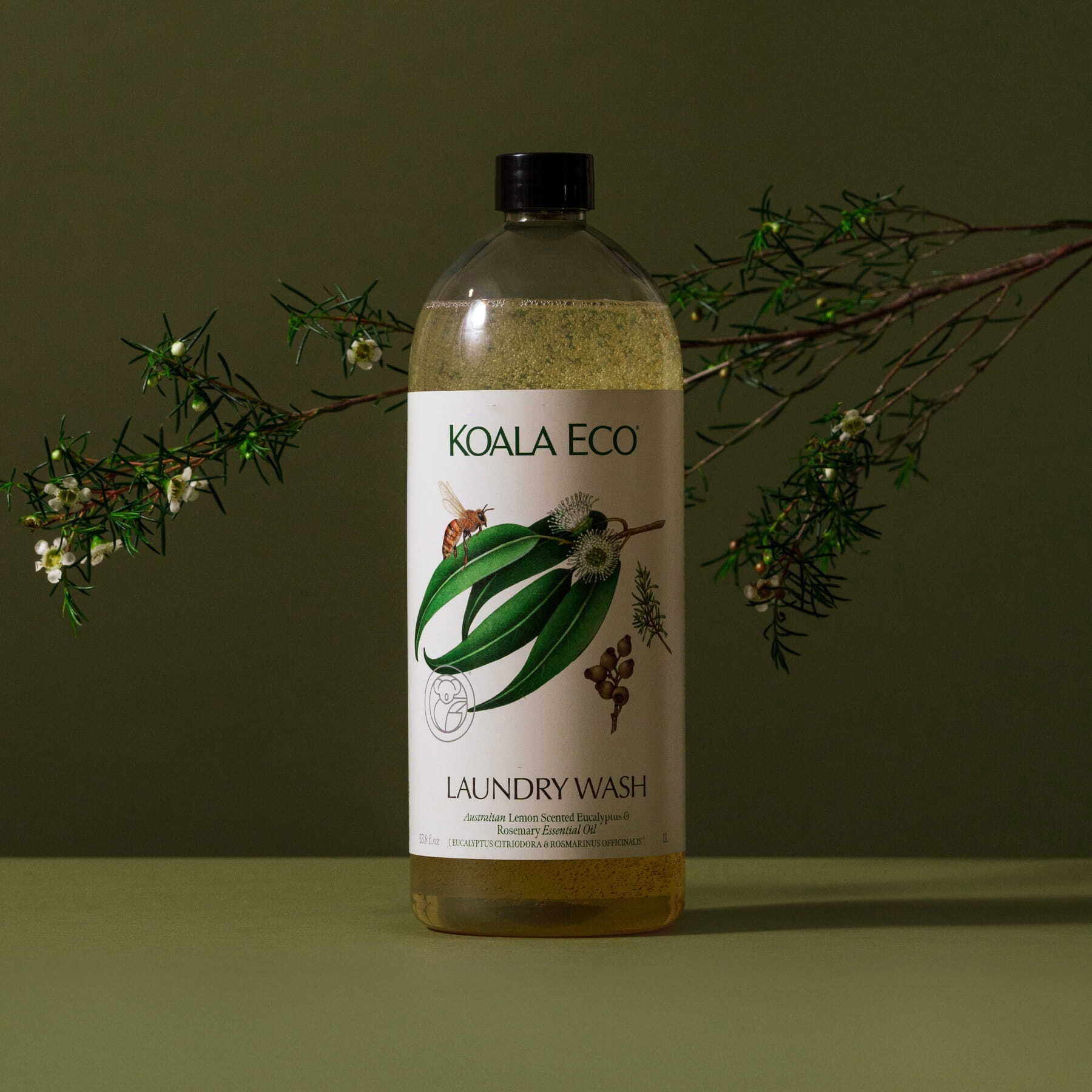In Japanese homes, it is considered disrespectful to leave your shoes on as you enter someone’s home. Guests remove their shoes and either slip into soft booties or socks provided by the host or go barefoot. Other countries observing this custom include Thailand, The Czech Republic, and Sweden. After all, think about where your shoes have been. If you stop at a petrol station to fill up the car on your way home, you likely track petroleum and grease on your feet. If you’ve walked on a freshly treated lawn, you could track toxic pesticides, manure or chemical fertilizers onto the floor your baby crawls across or drops her pacifier. What’s more, seemingly benign dirt can even contain traces of lead.
The professional cleaning industry estimates that we track 85% of the dirt in our homes from the outside on our shoes or on the paws of our pets. In a recent warning about lead exposure, the Environmental Protection Agency (EPA) recommends that shoes remain outside the house.
According to a report called The Door Mat Study, lead-contaminated soil from the outside causes almost all the lead dust found inside of homes. The study revealed that wiping shoes on a mat and/or removing them at the door cuts lead-dust by 60 percent. The study also explained that limiting the amount of dust and track-in may also help reduce exposure to lawn and garden pesticides, wood smoke and industrial toxins, mutagens, dust mites and allergens.
If you like the idea of keeping outside dirt outside your door, put slippers or socks in a basket by the door. Not only will your tile floors stay clean and wood floors protected from scratches, but removing shoes effectively keeps dirt and toxic threats from being tracked onto carpets and area rugs.
Reference: Mycleaninglady.com
